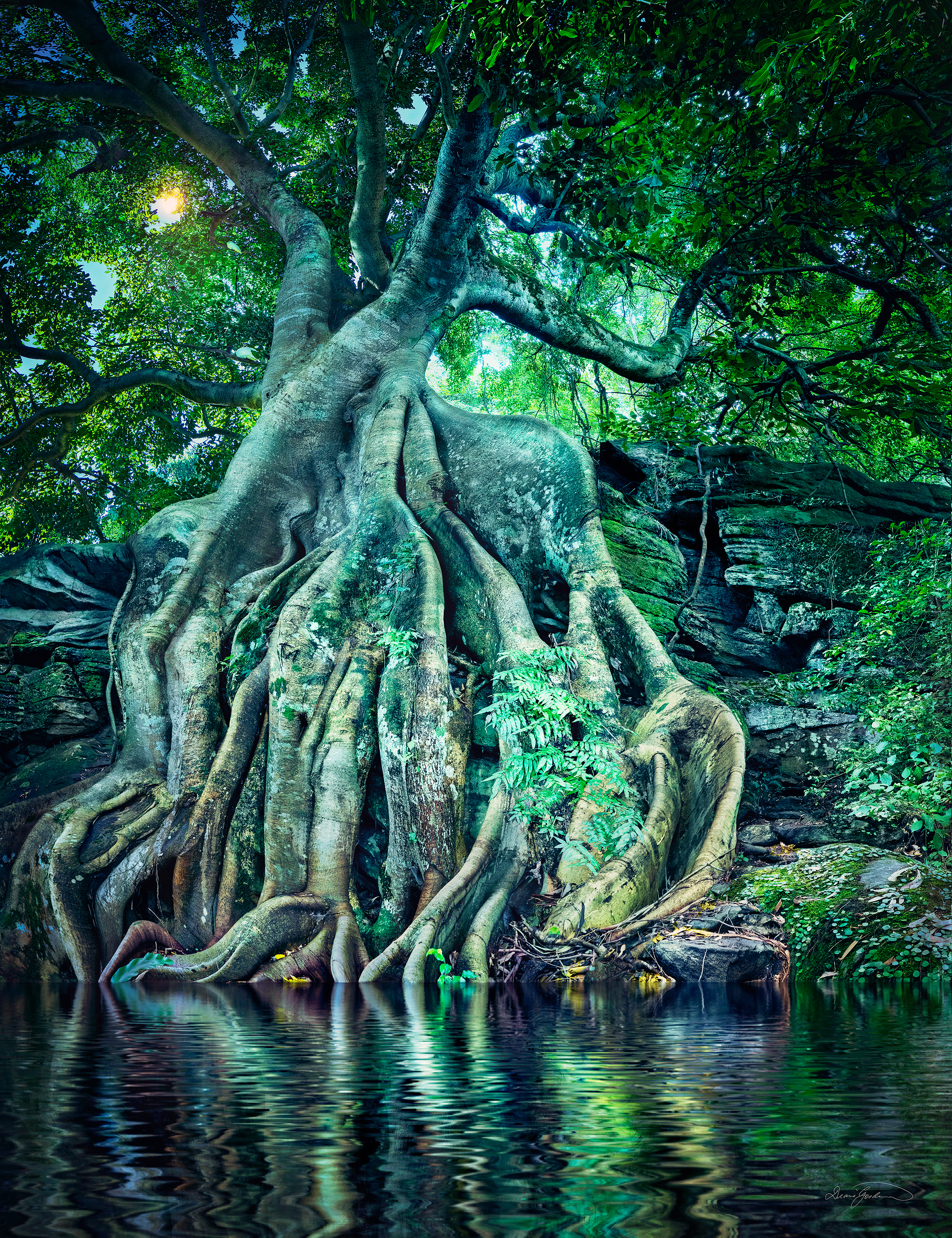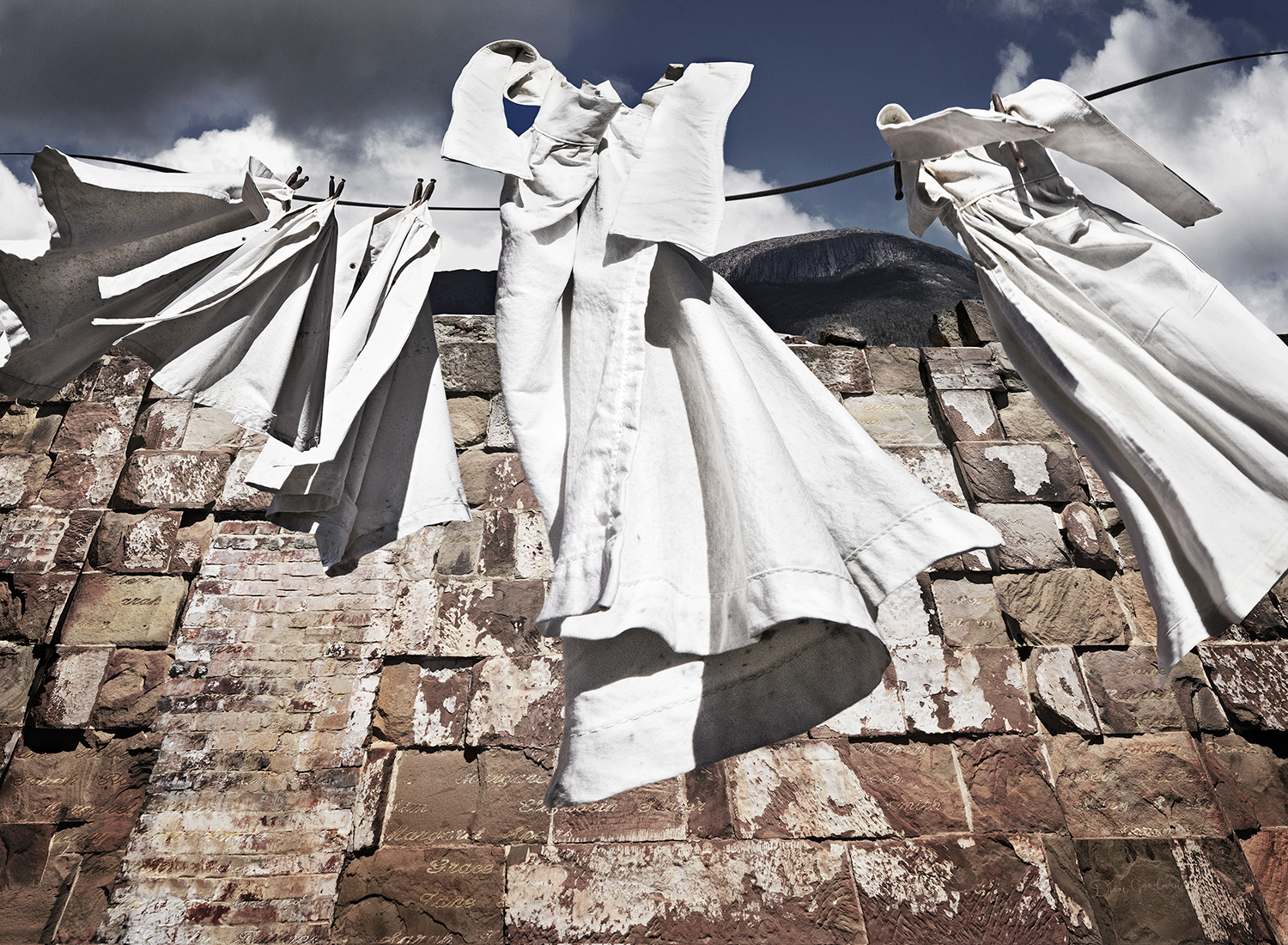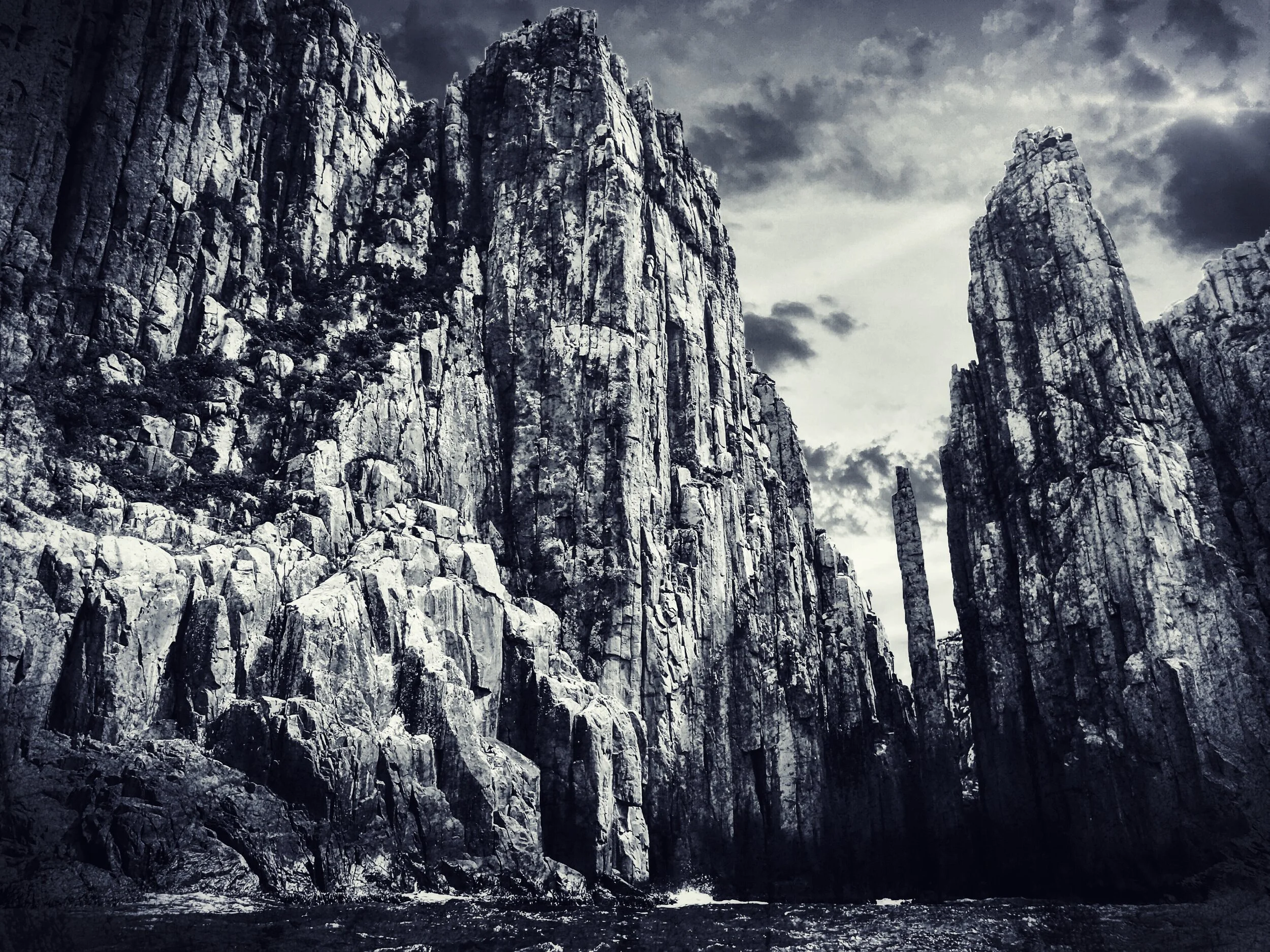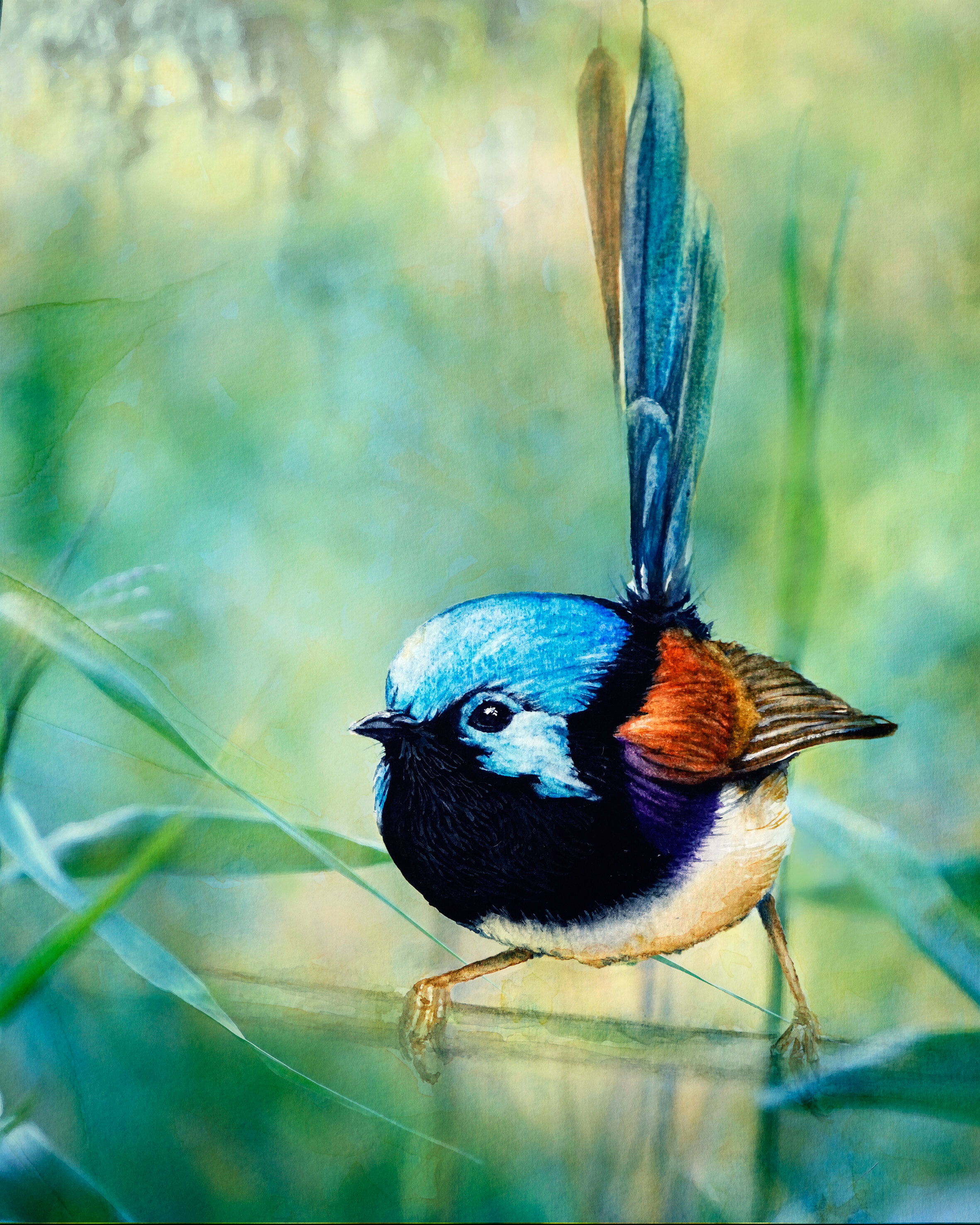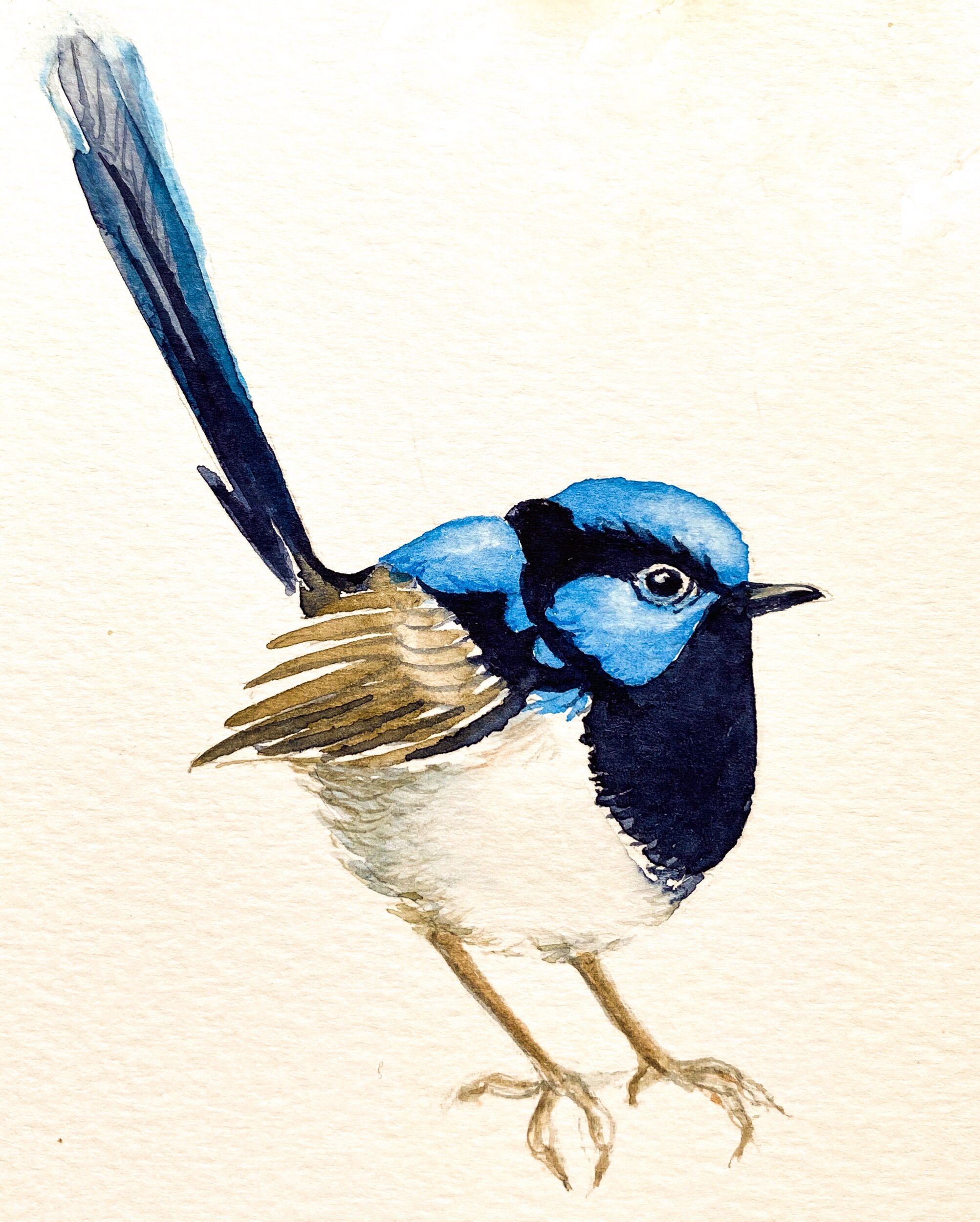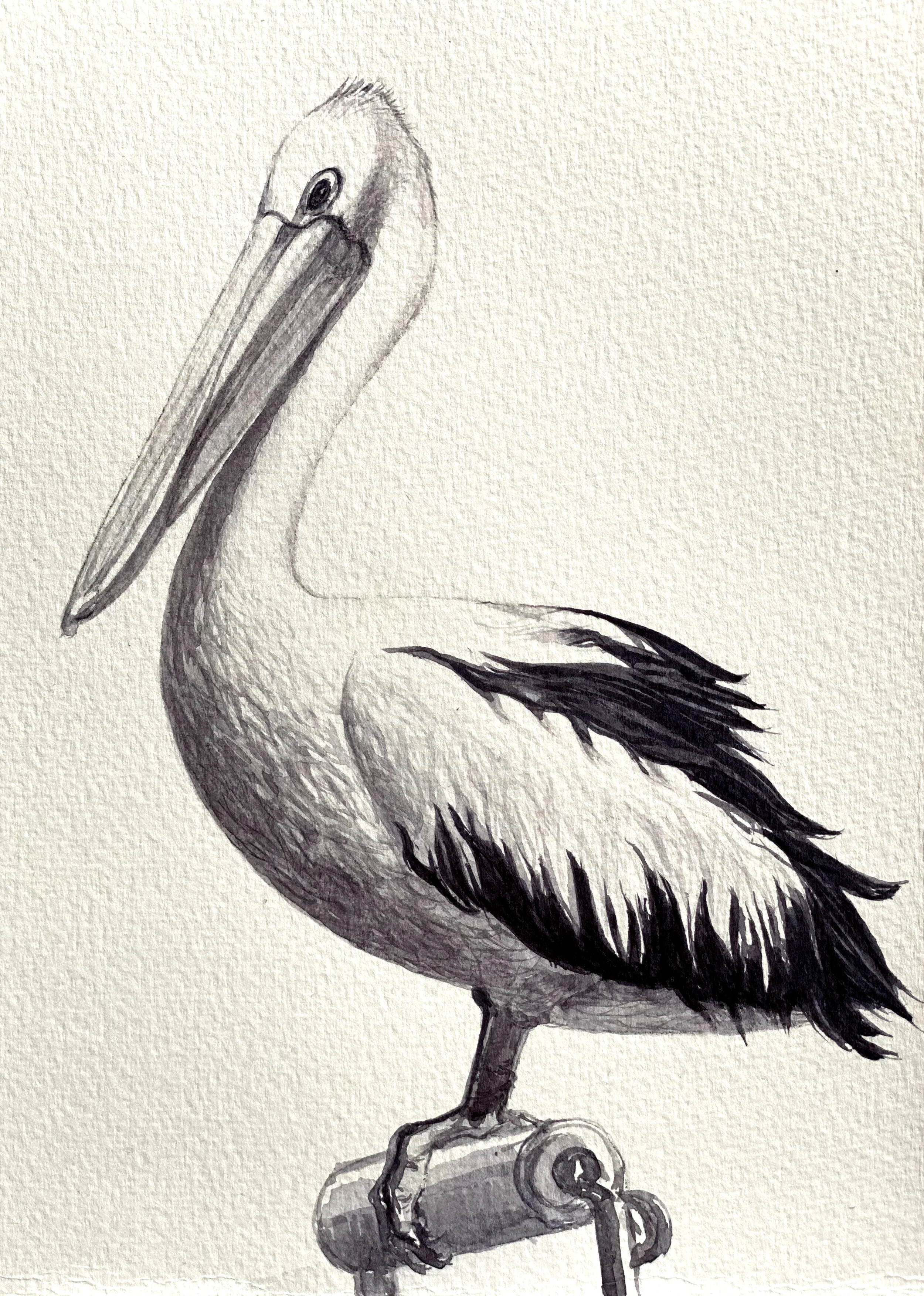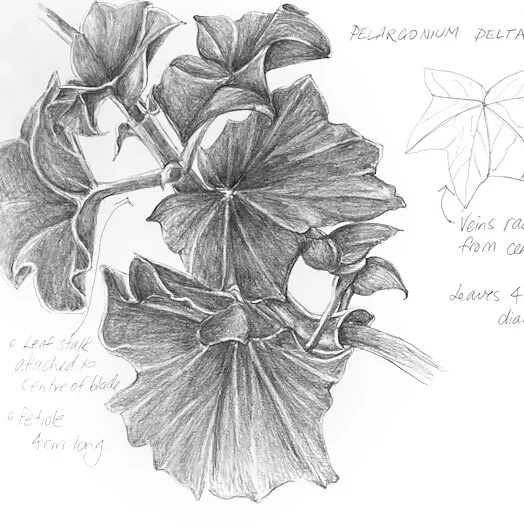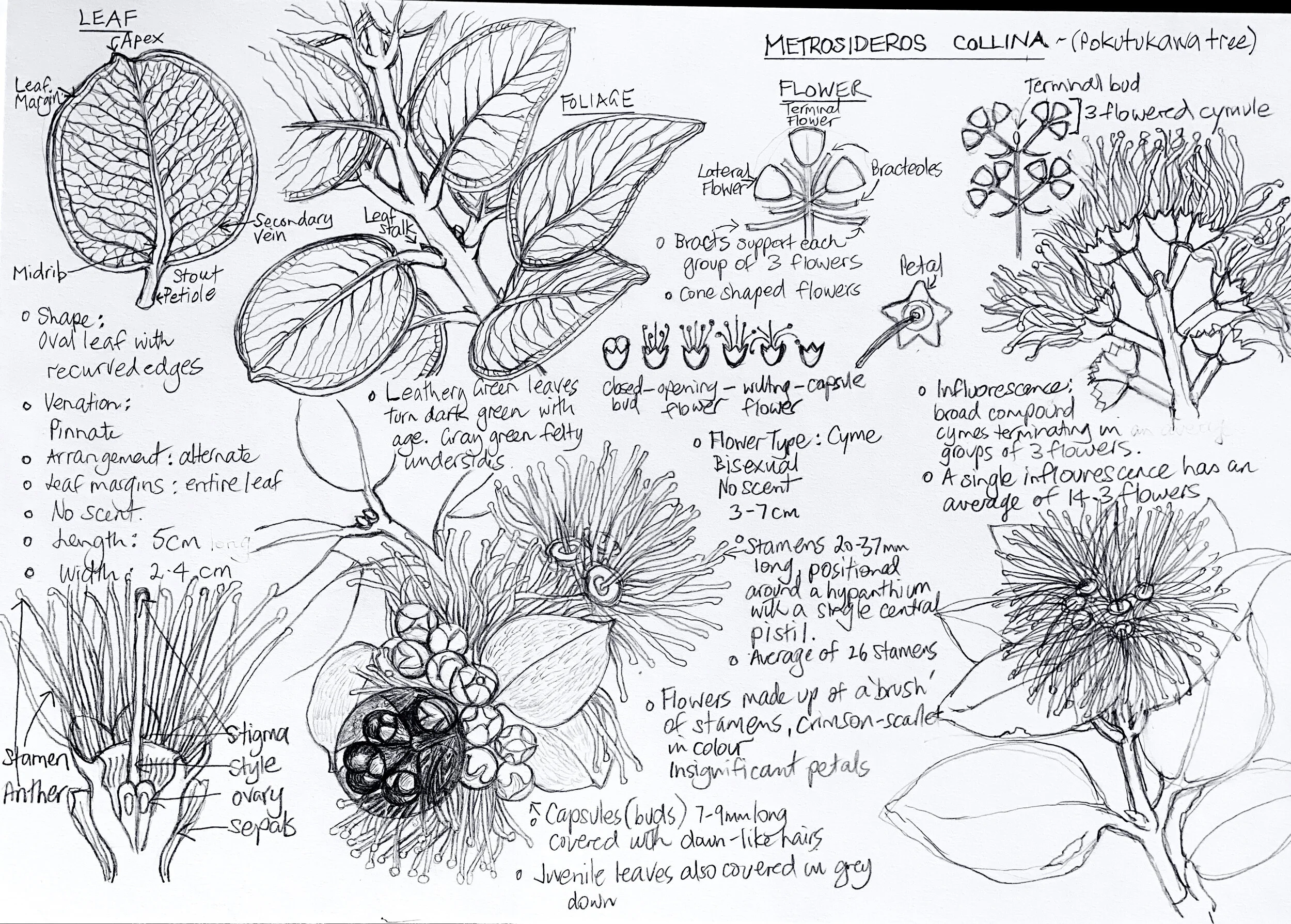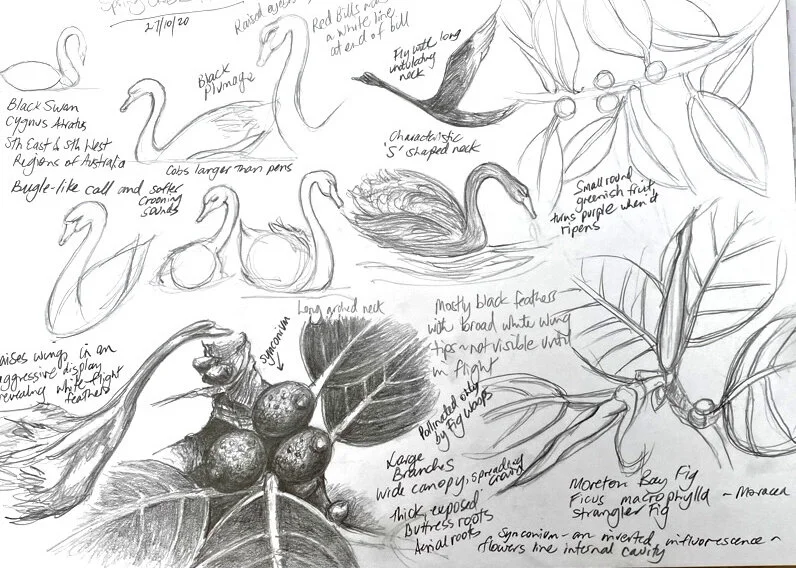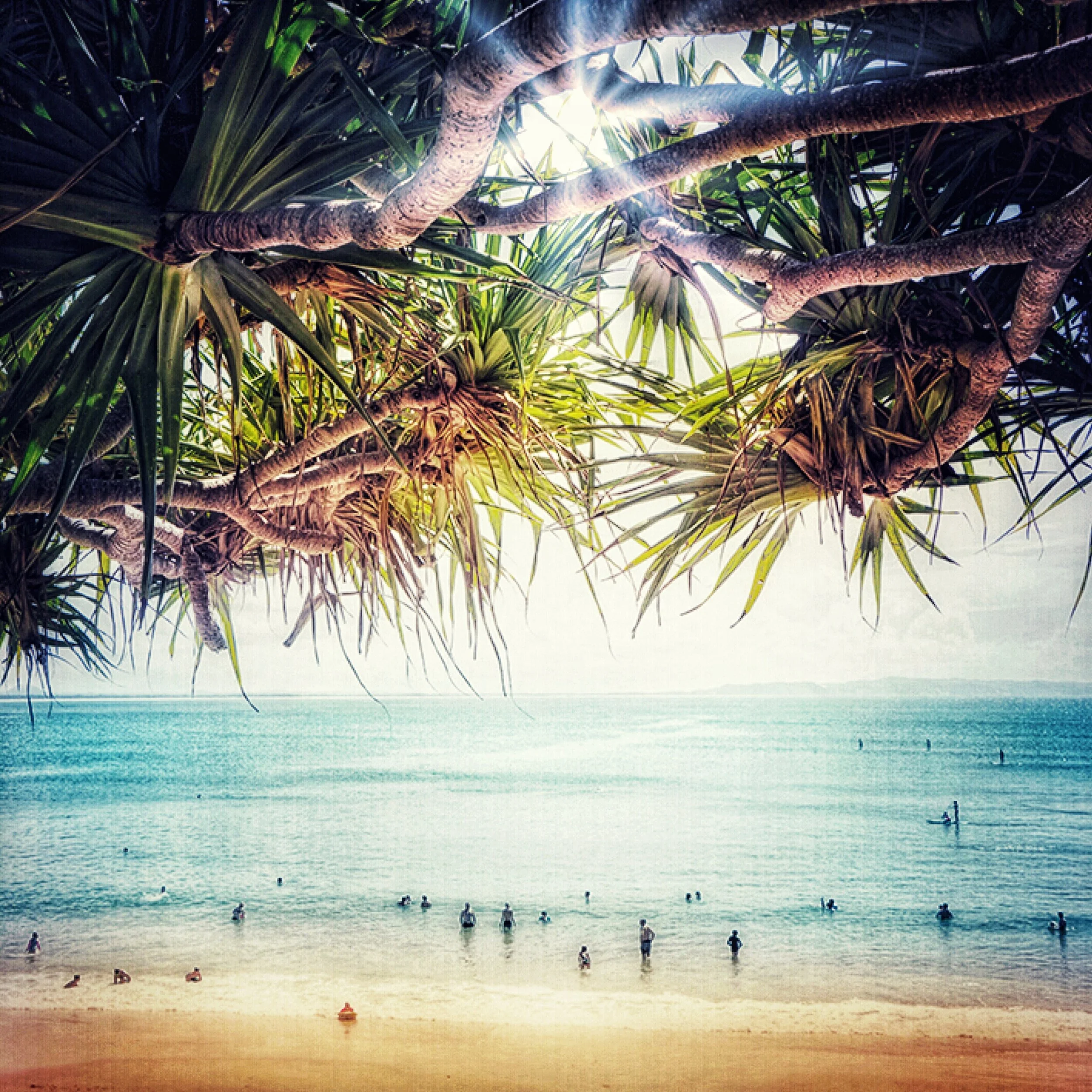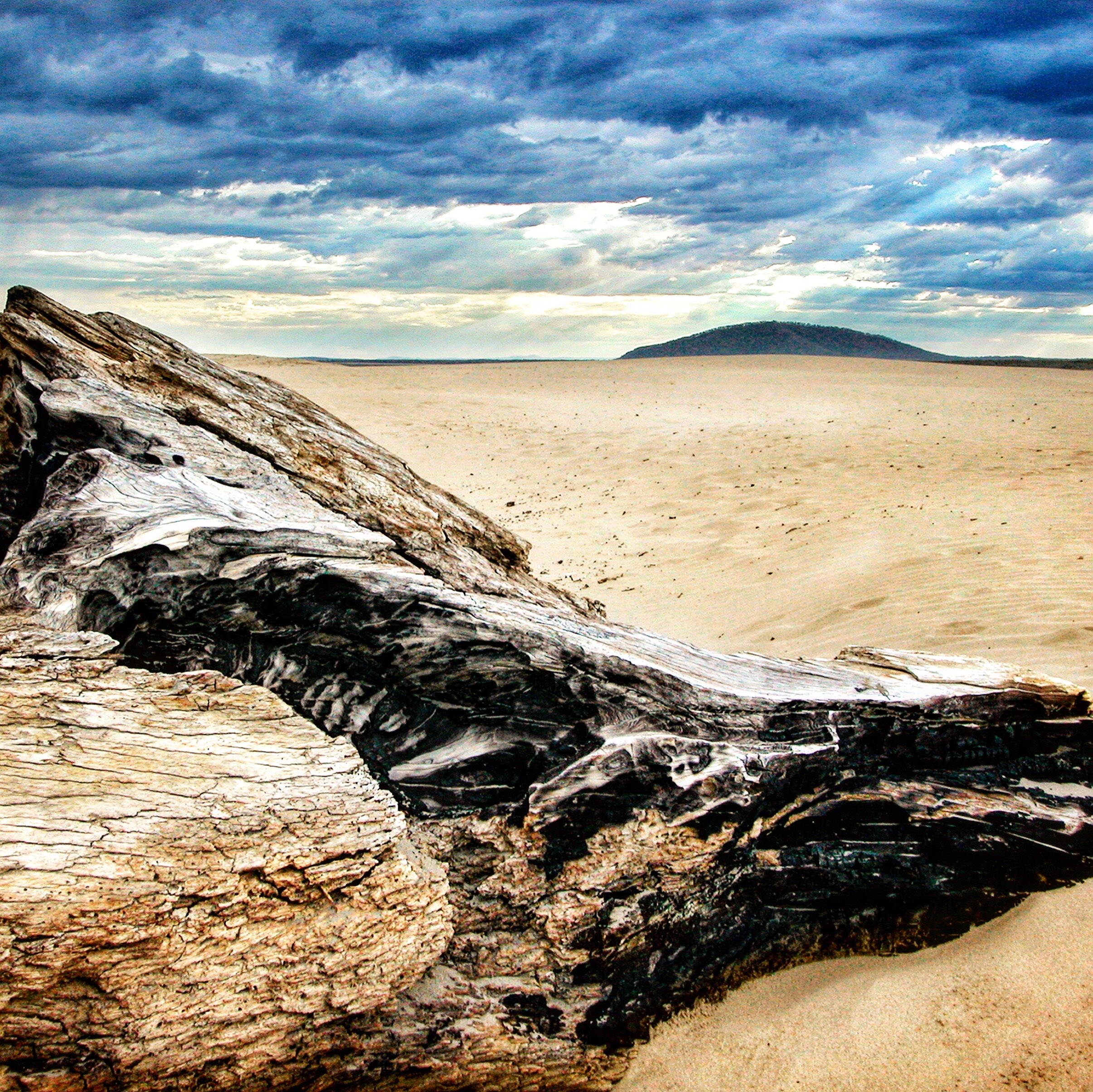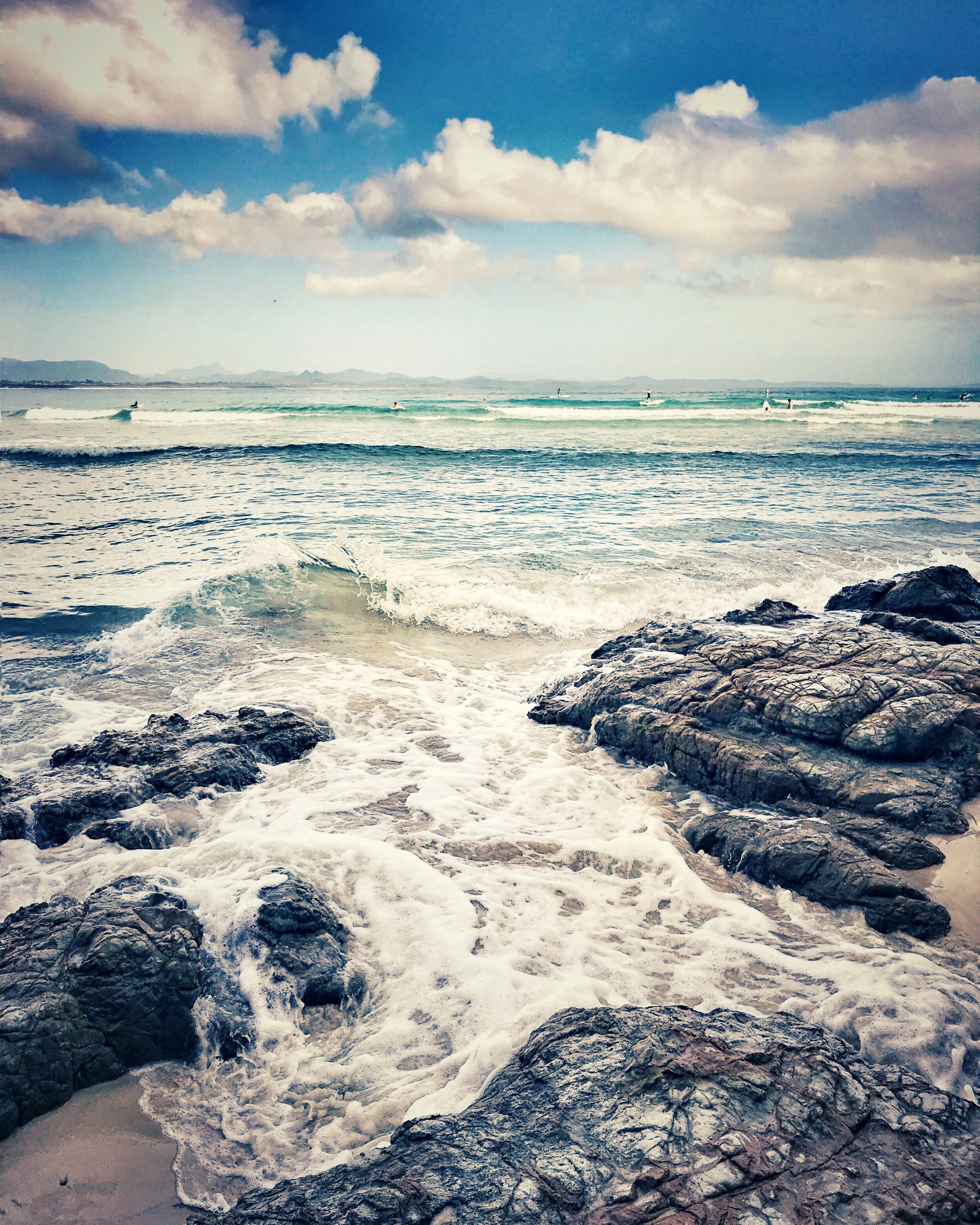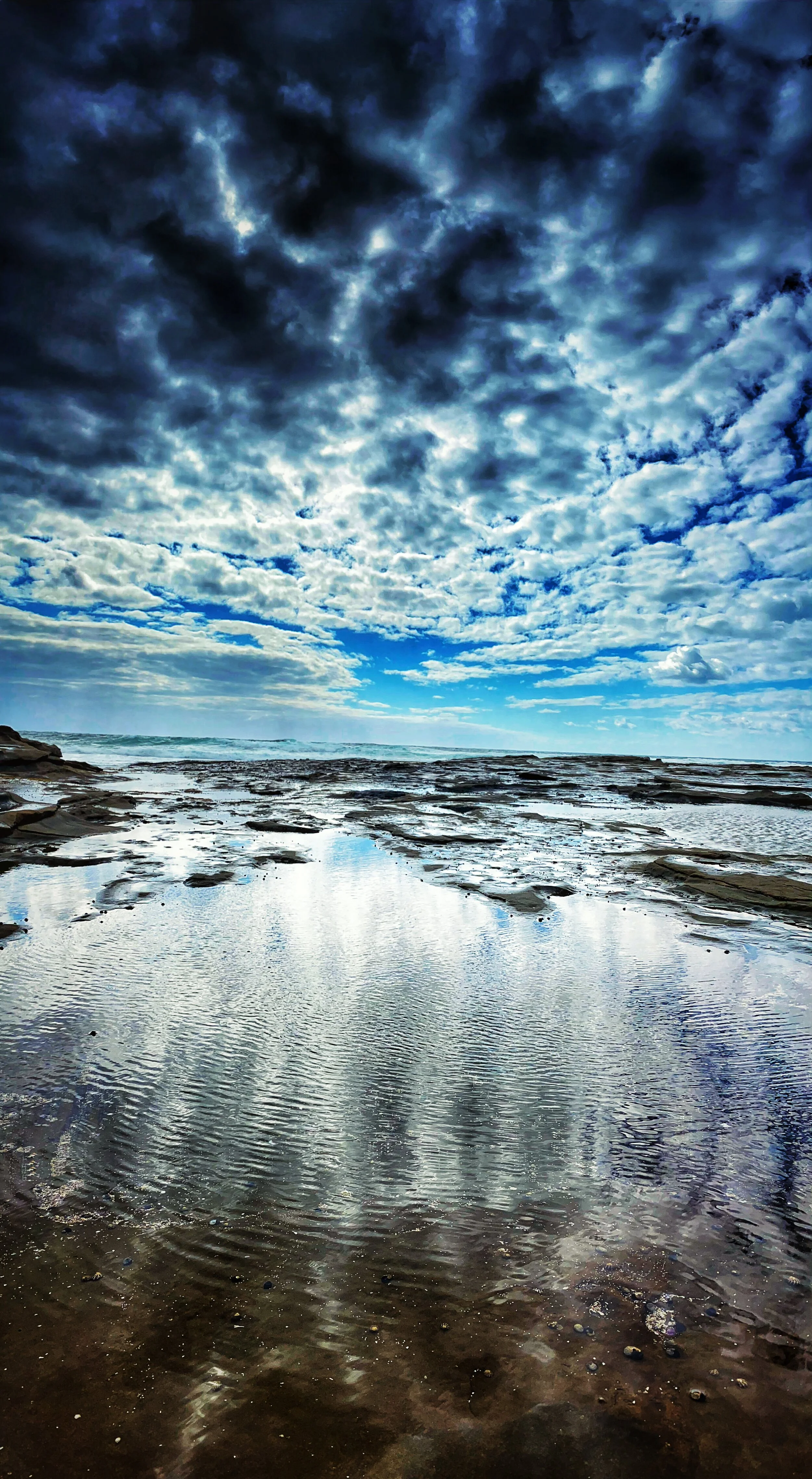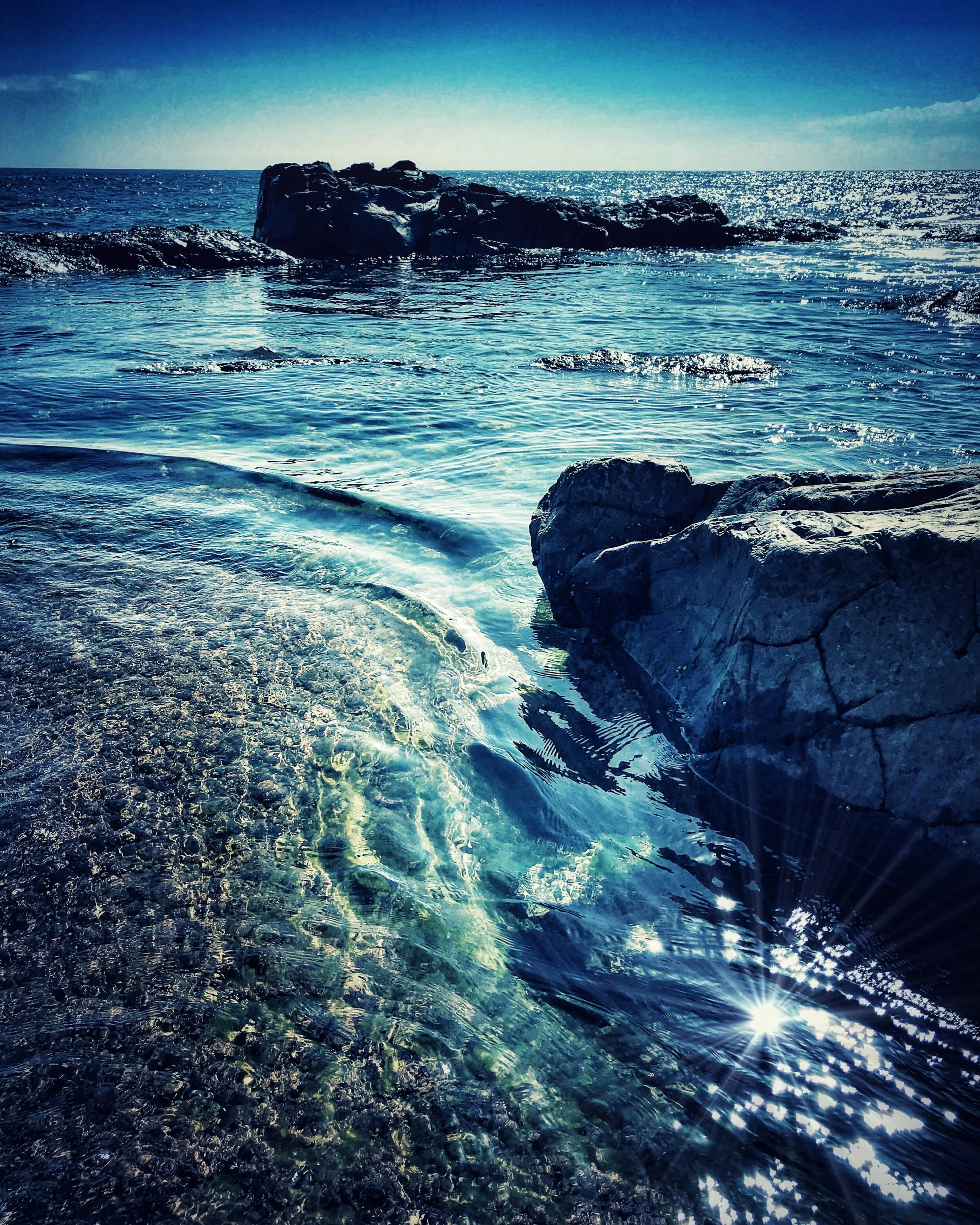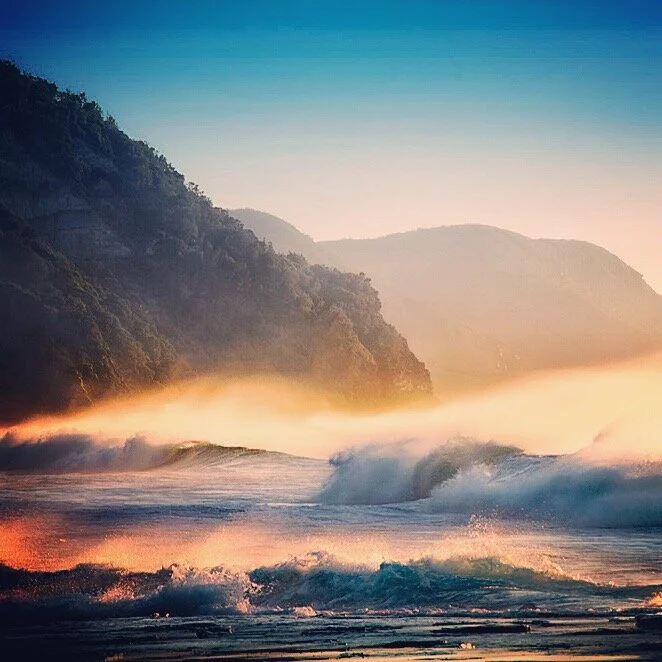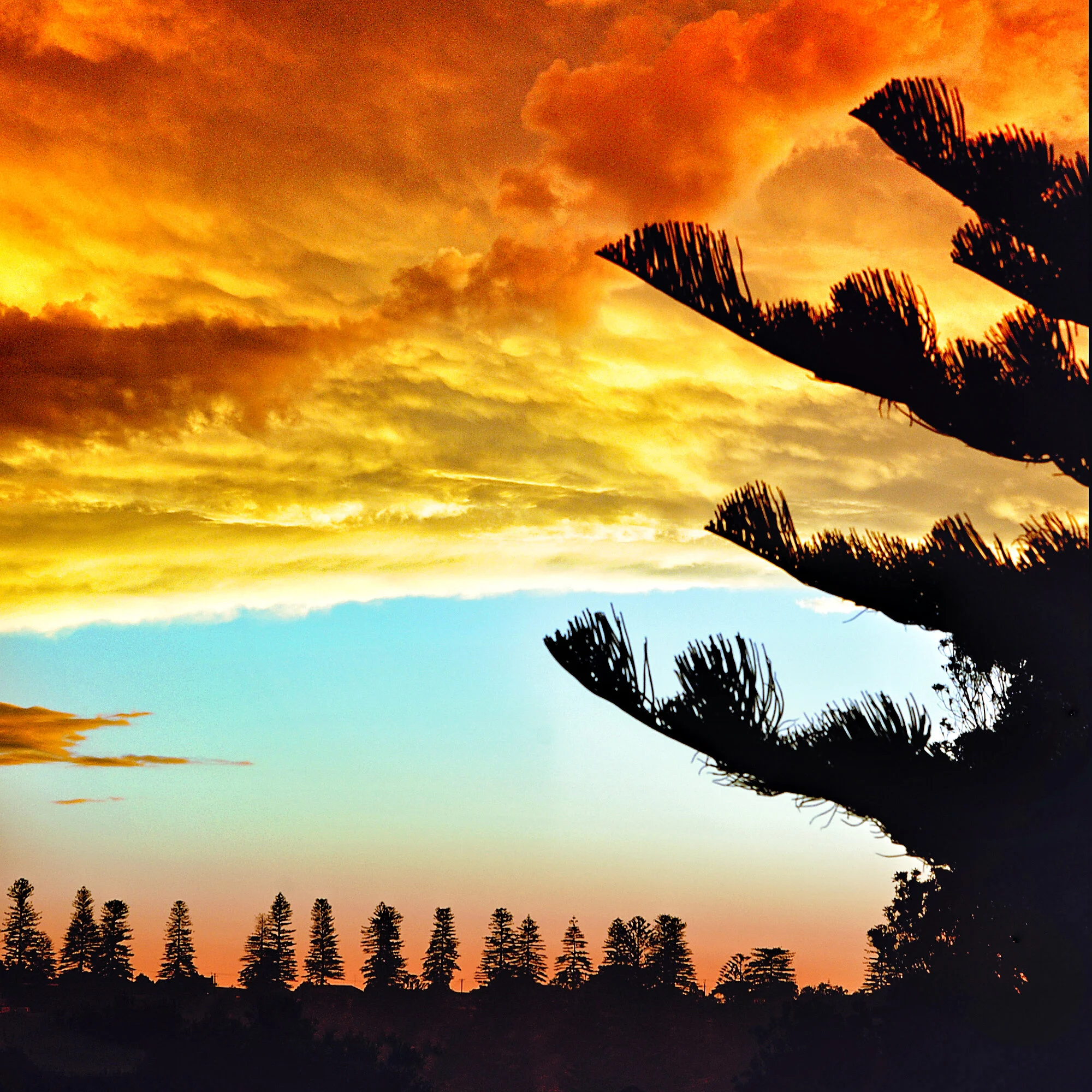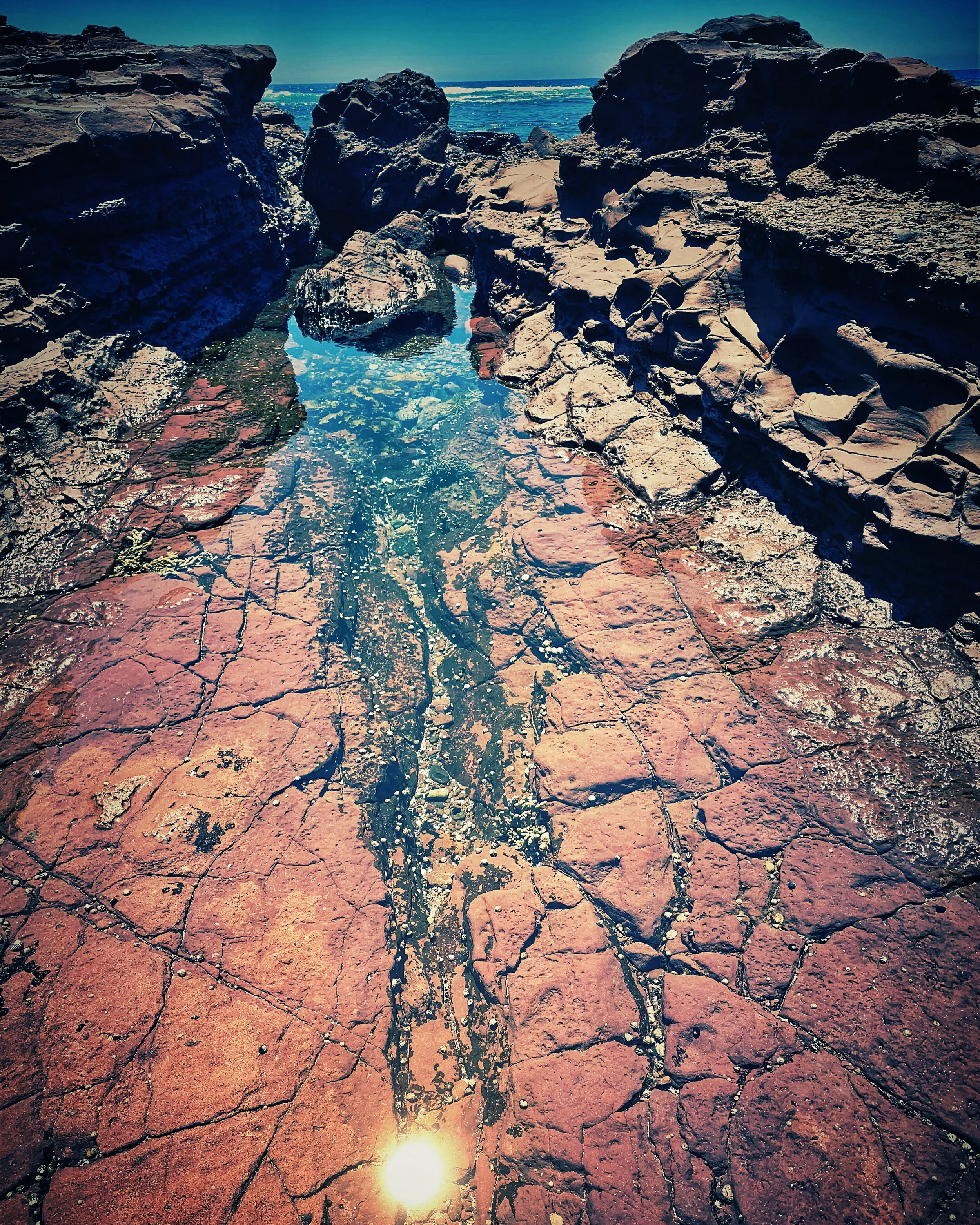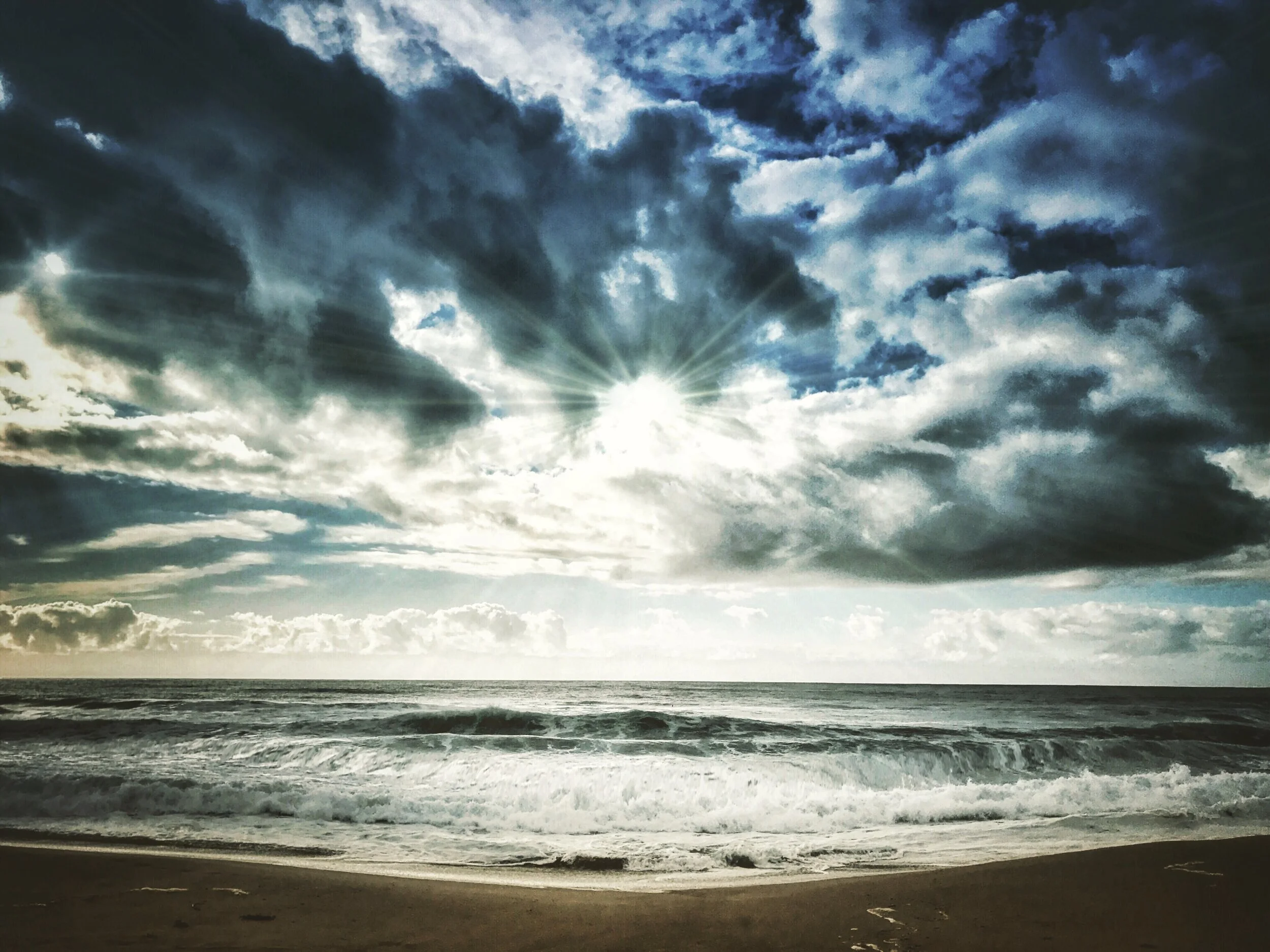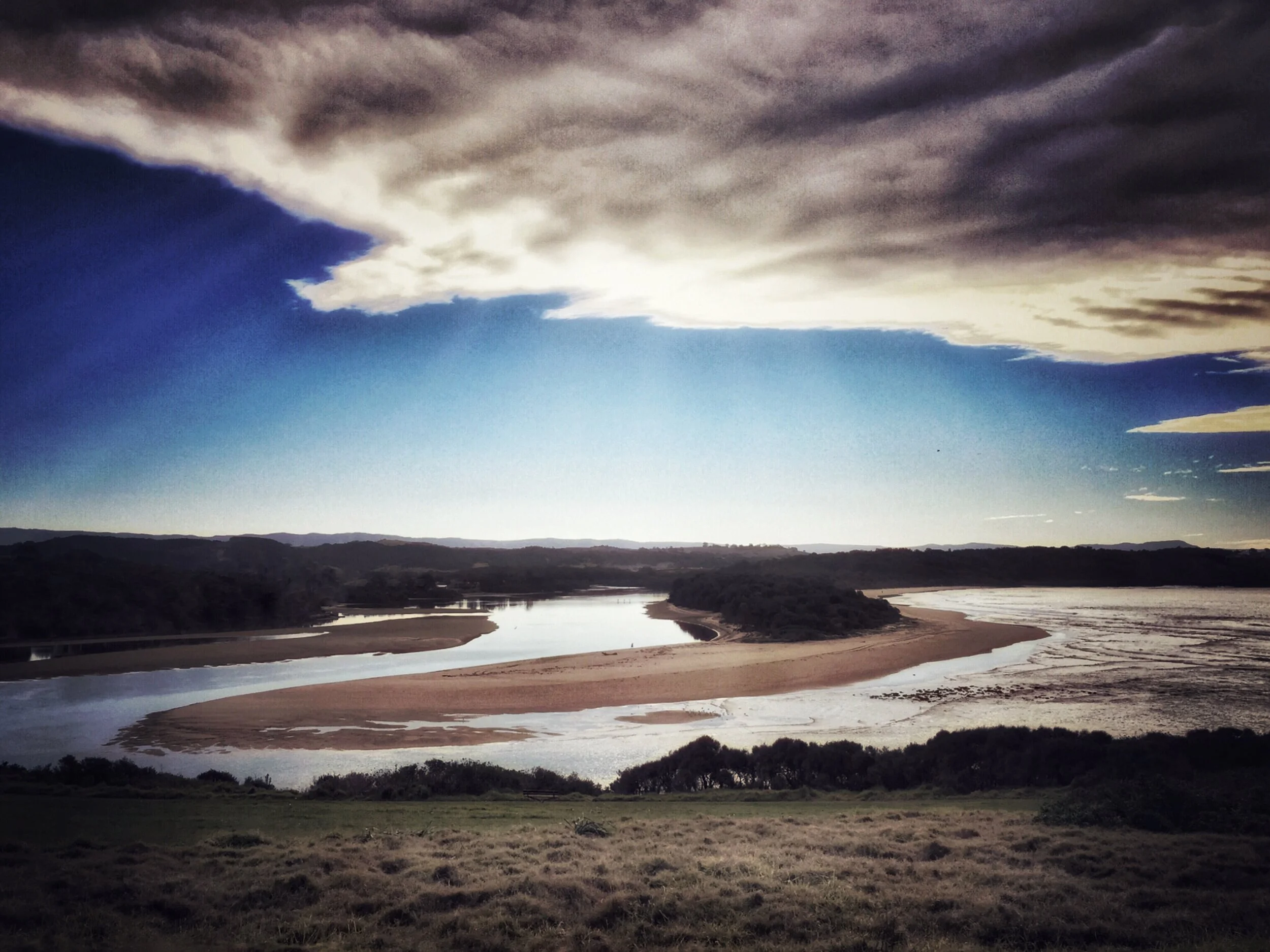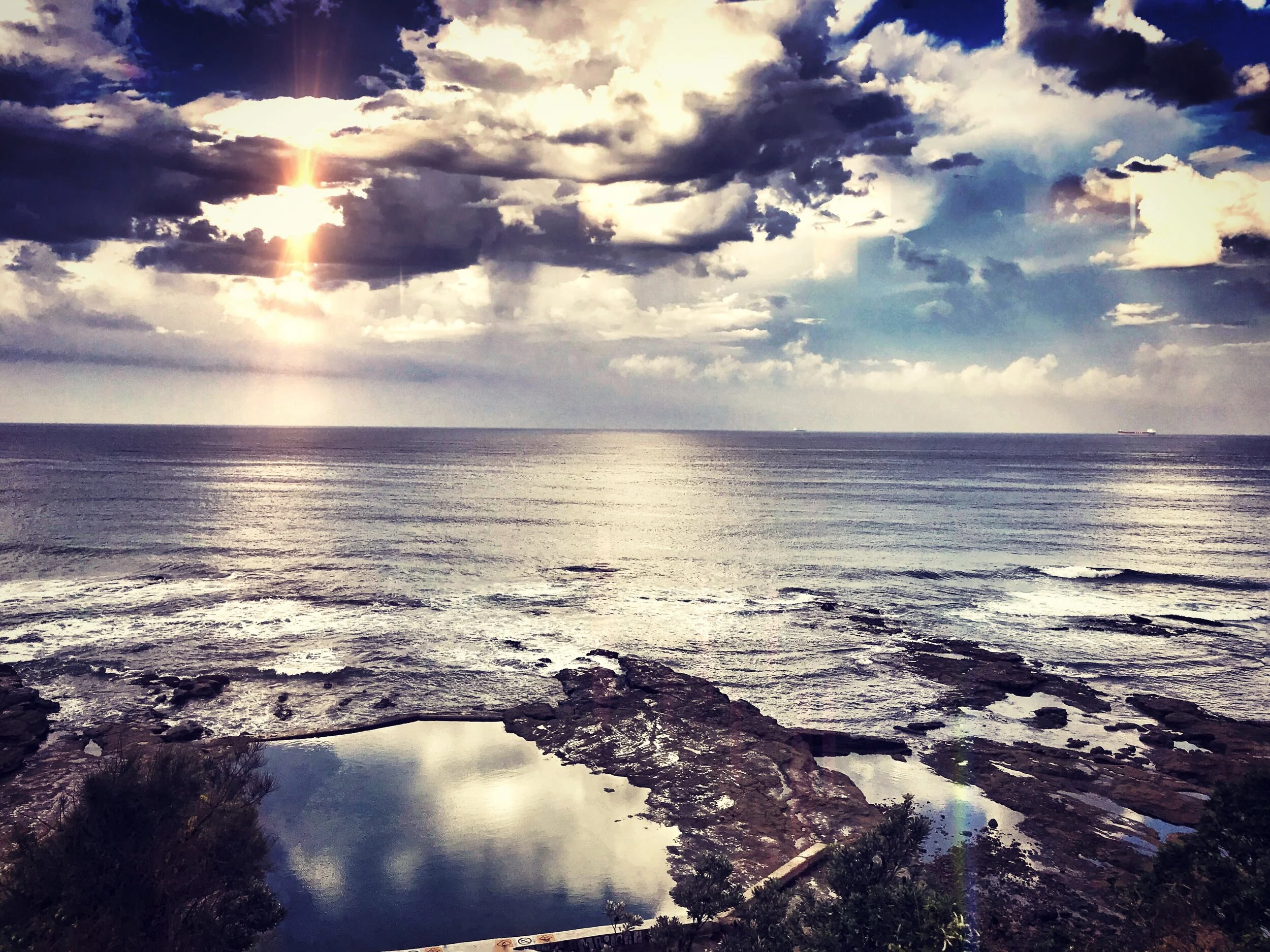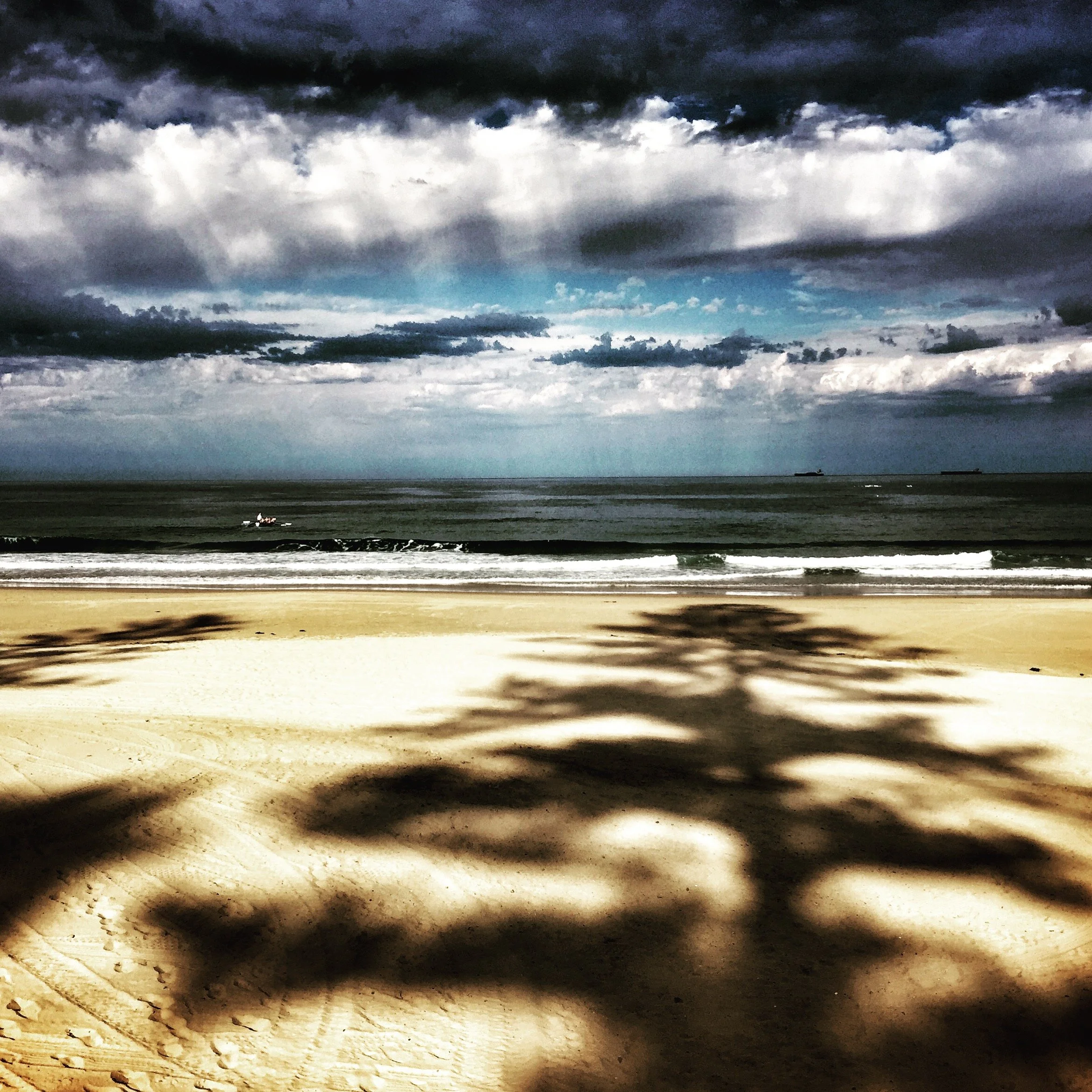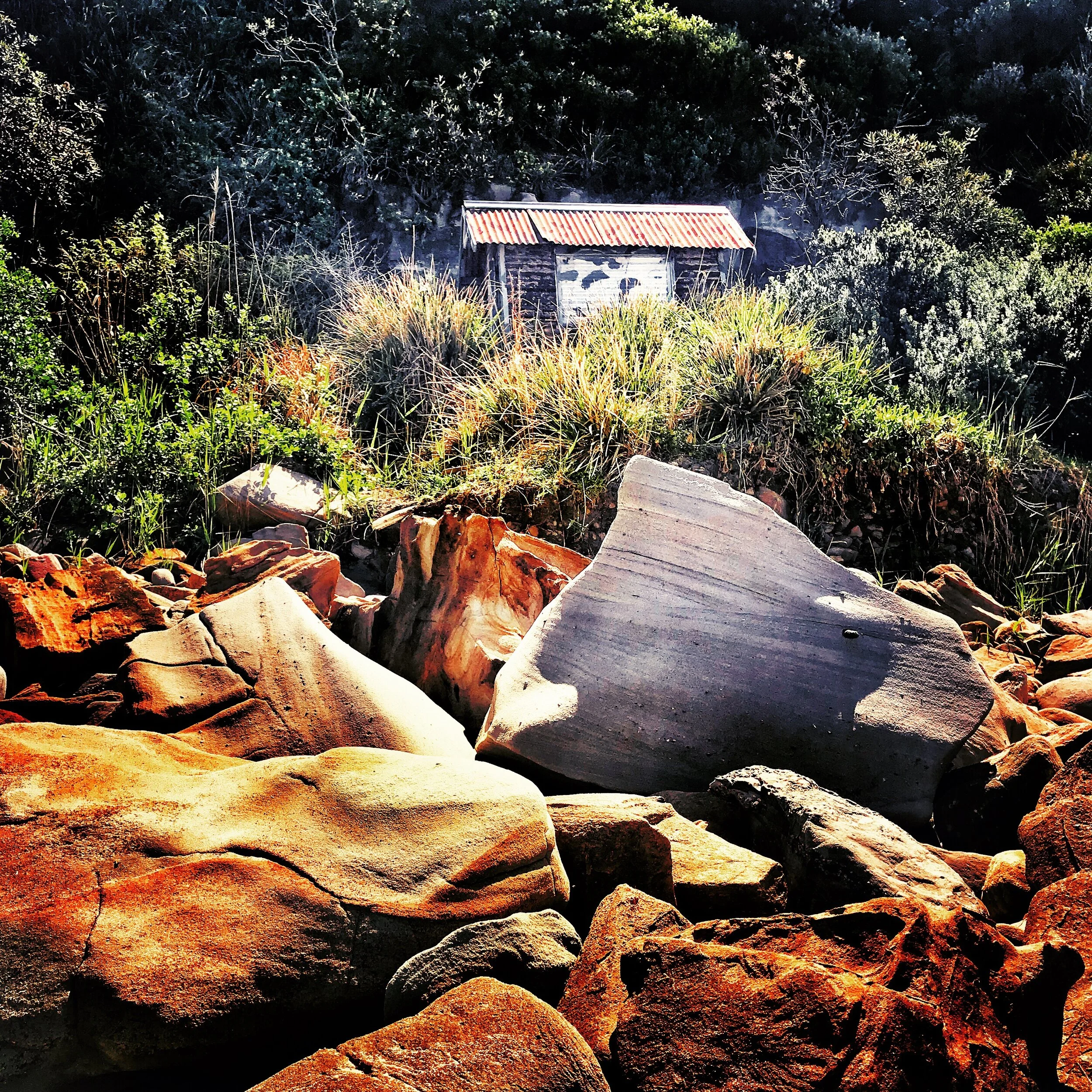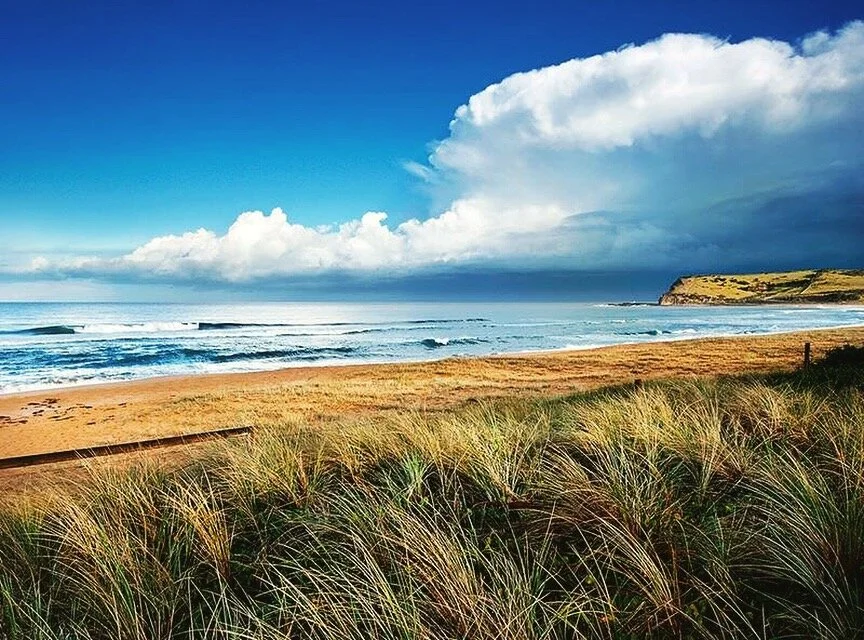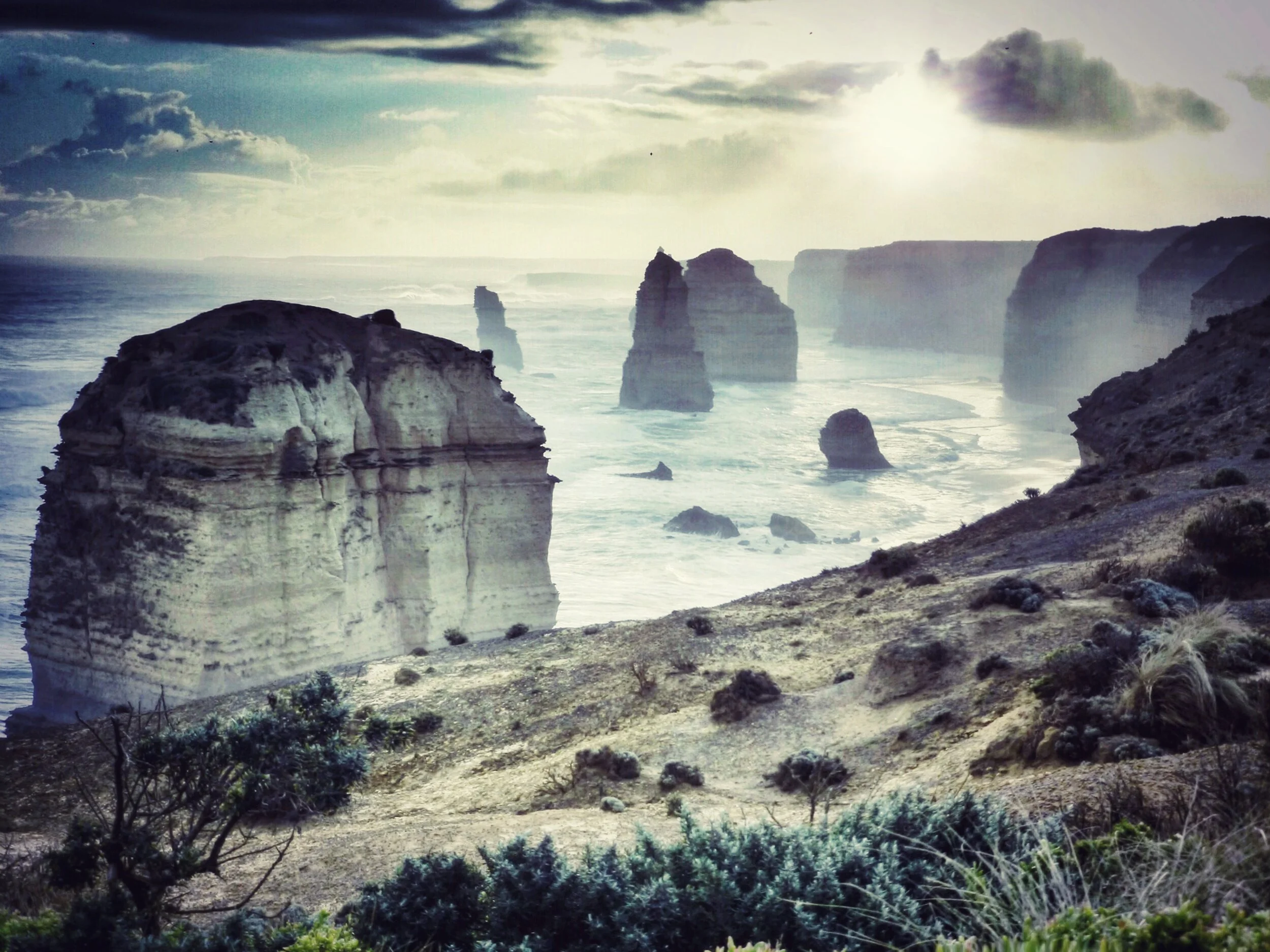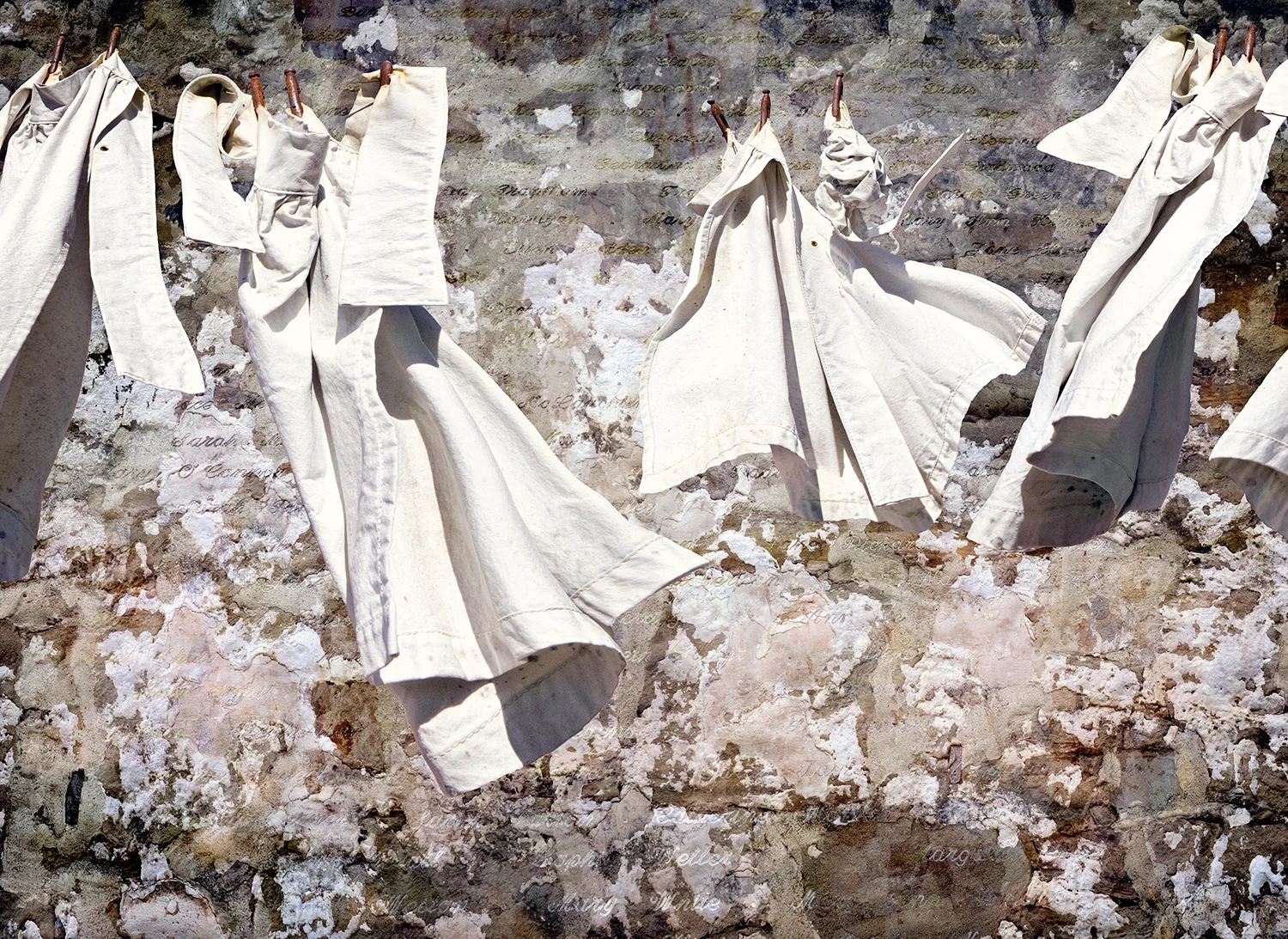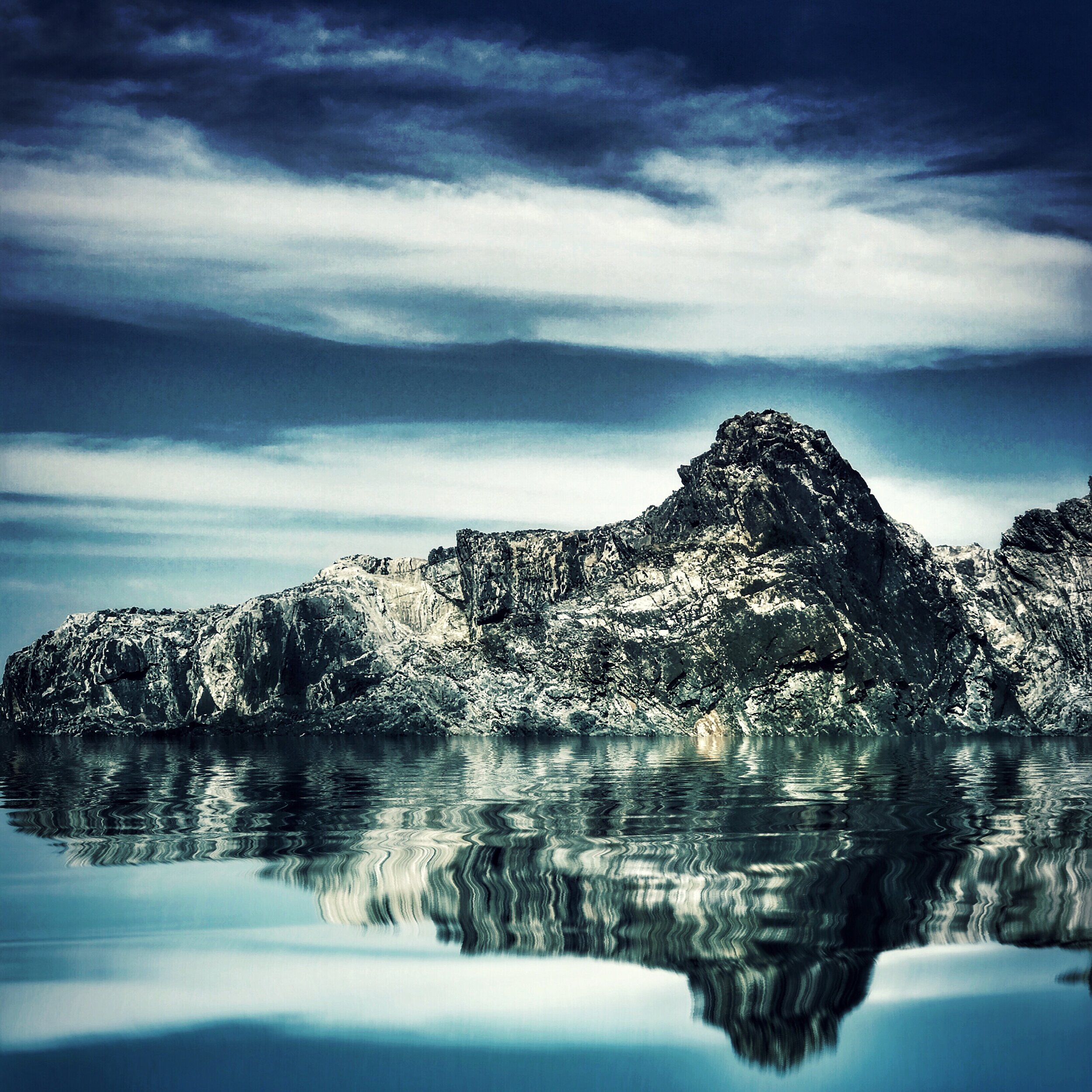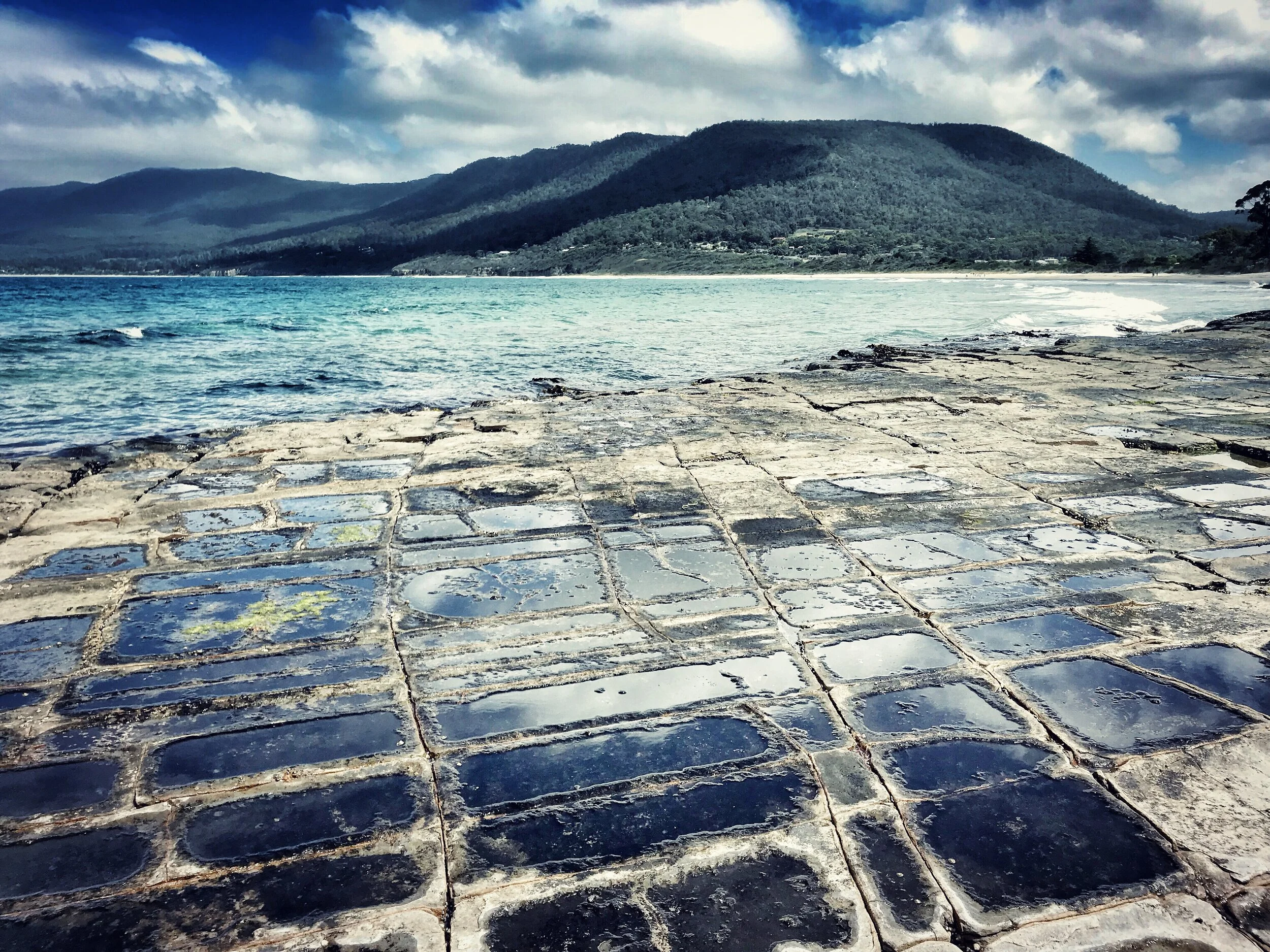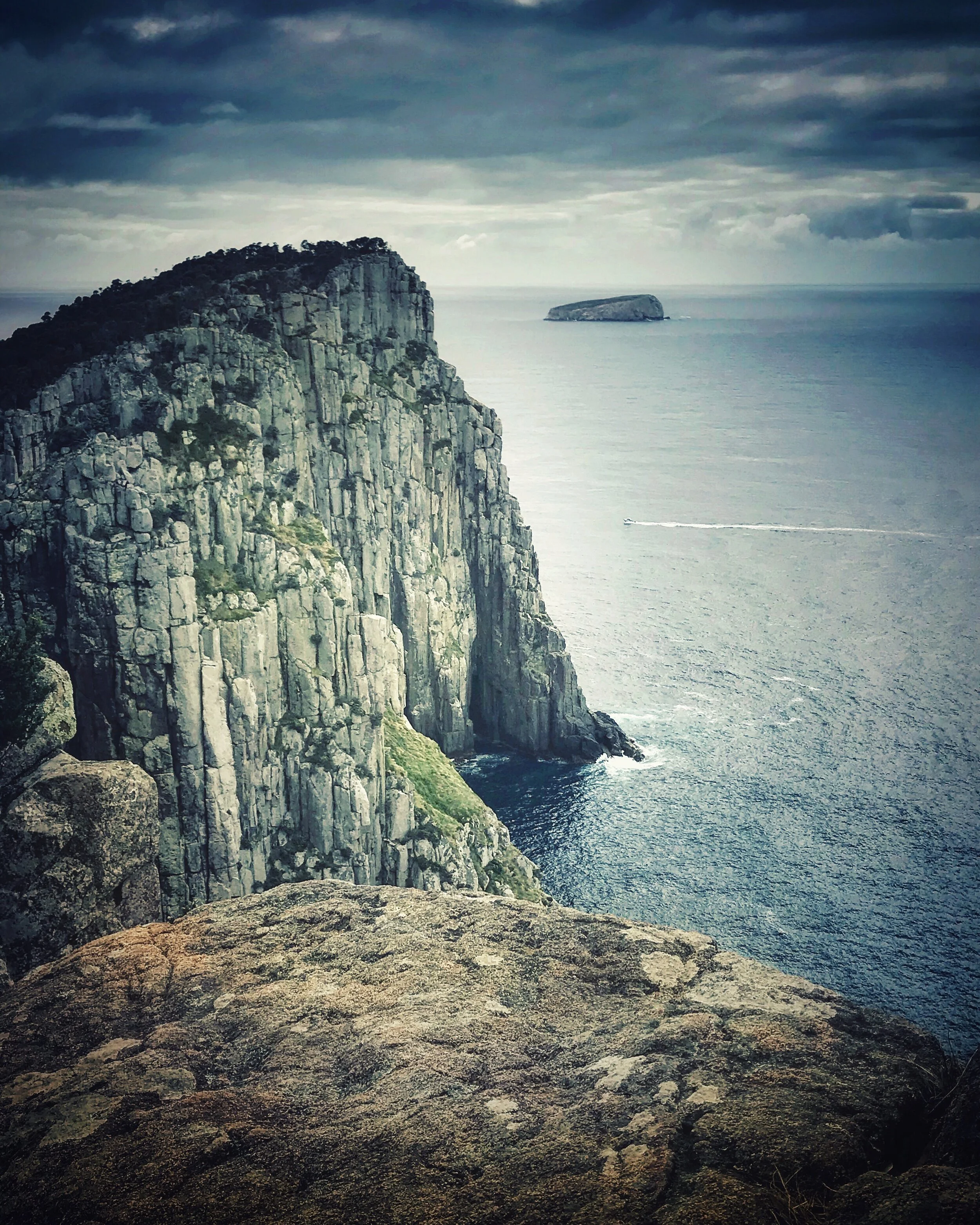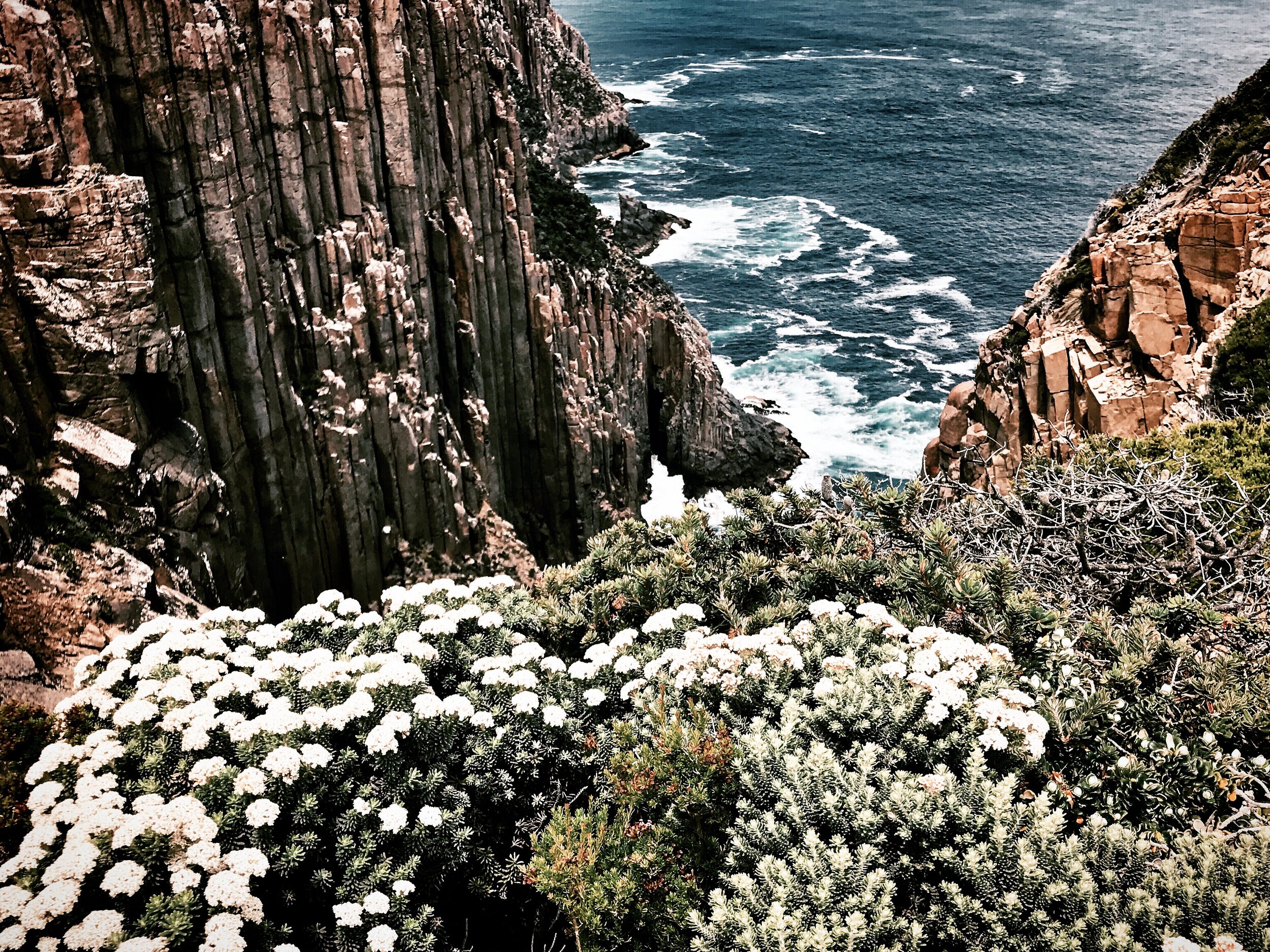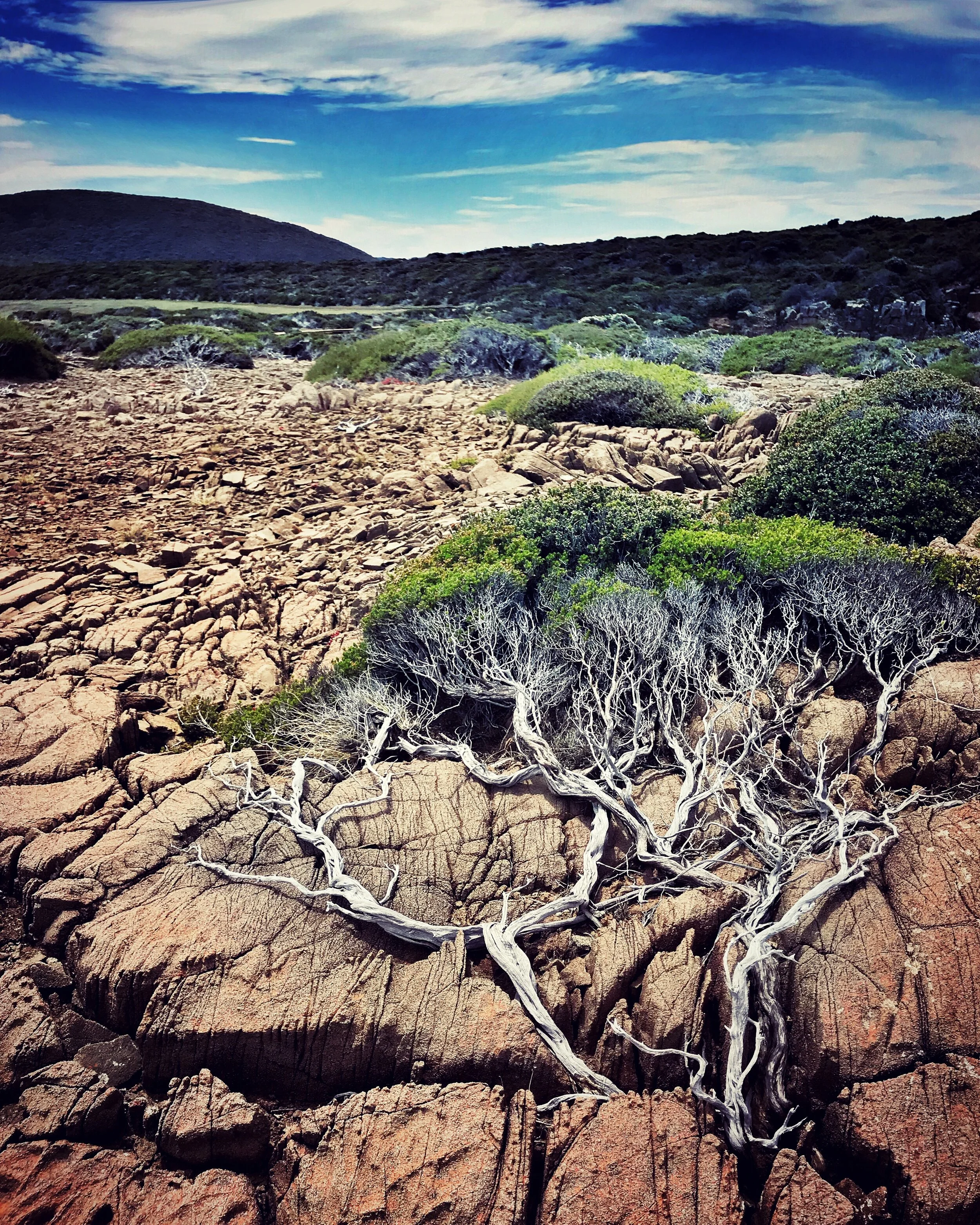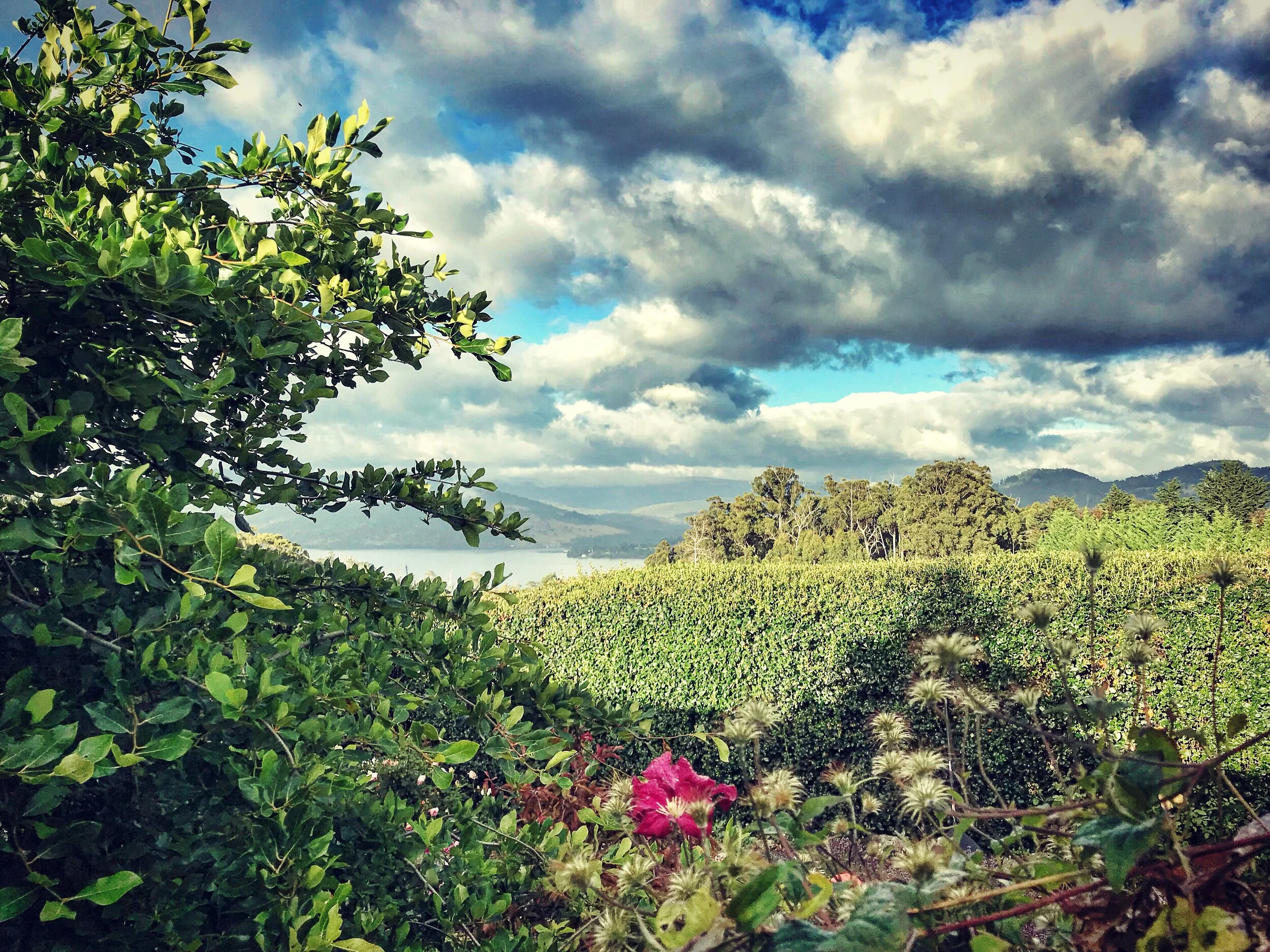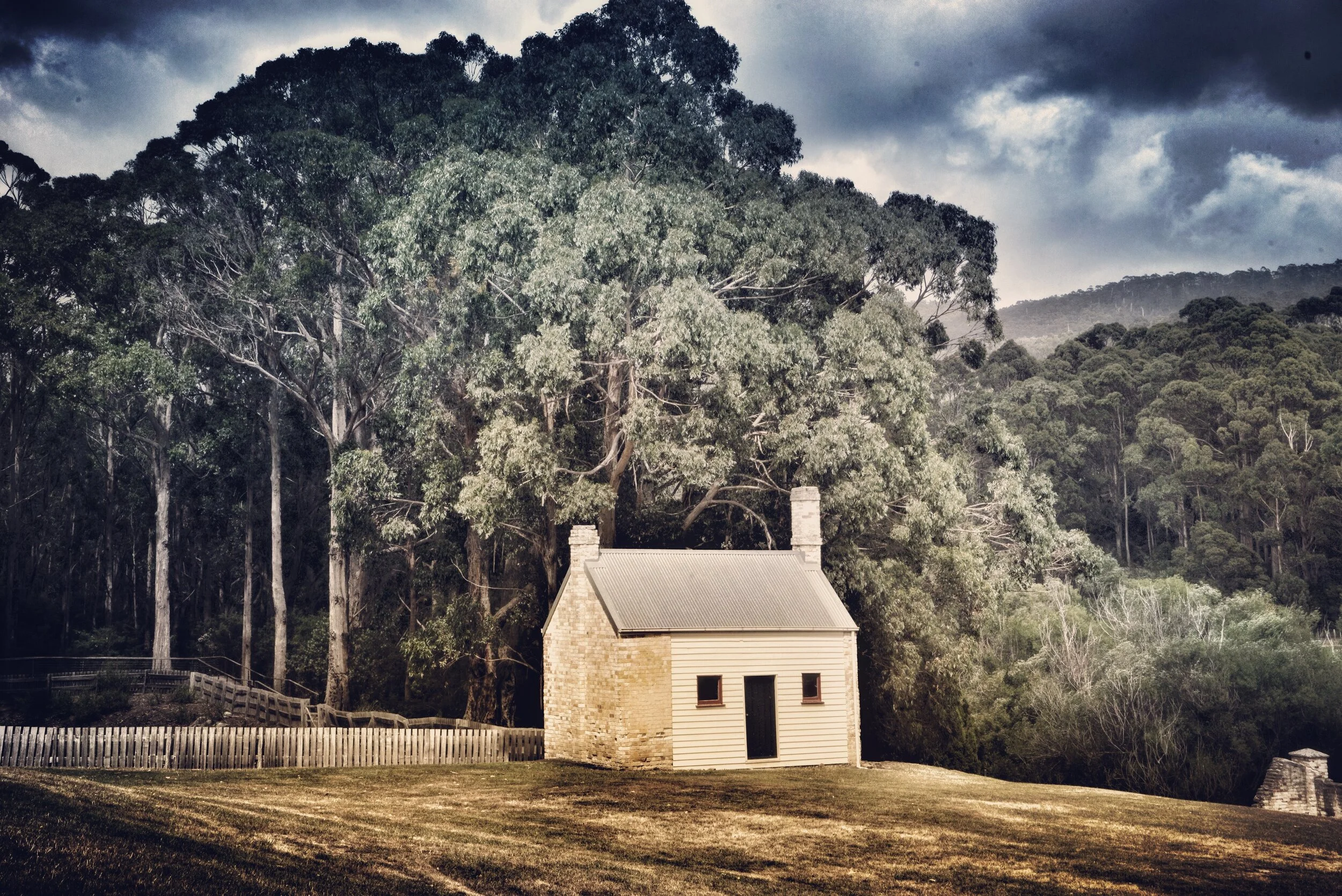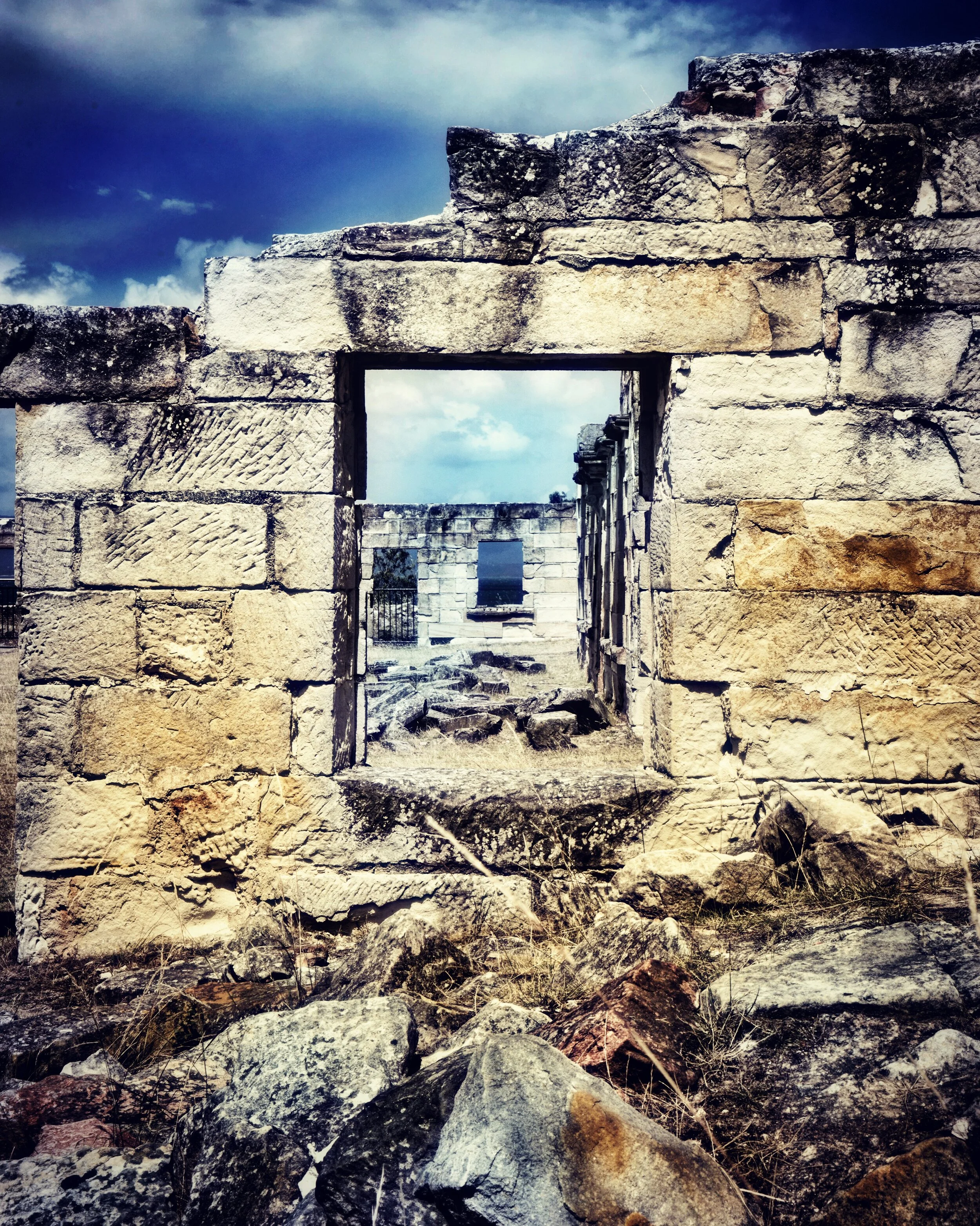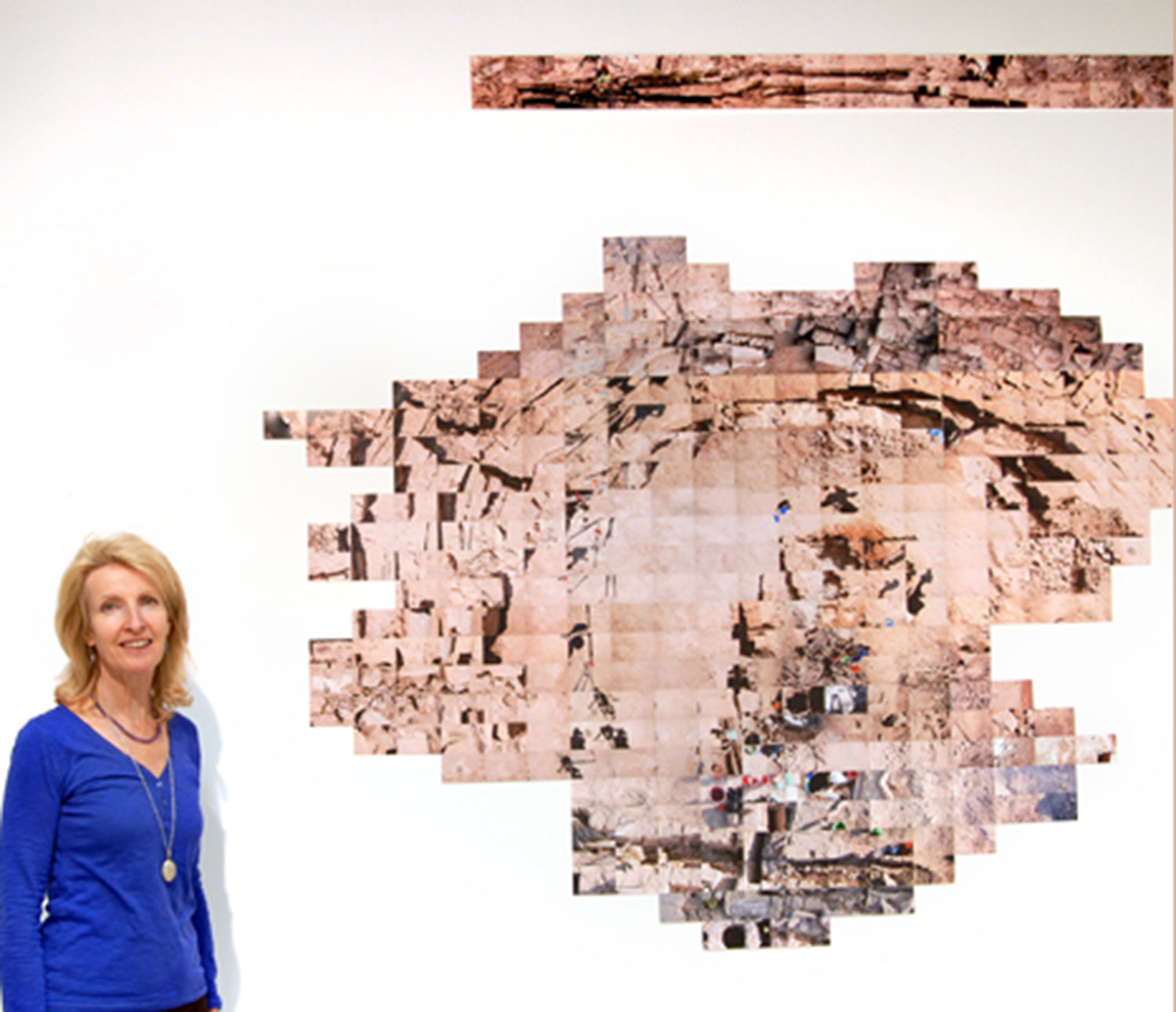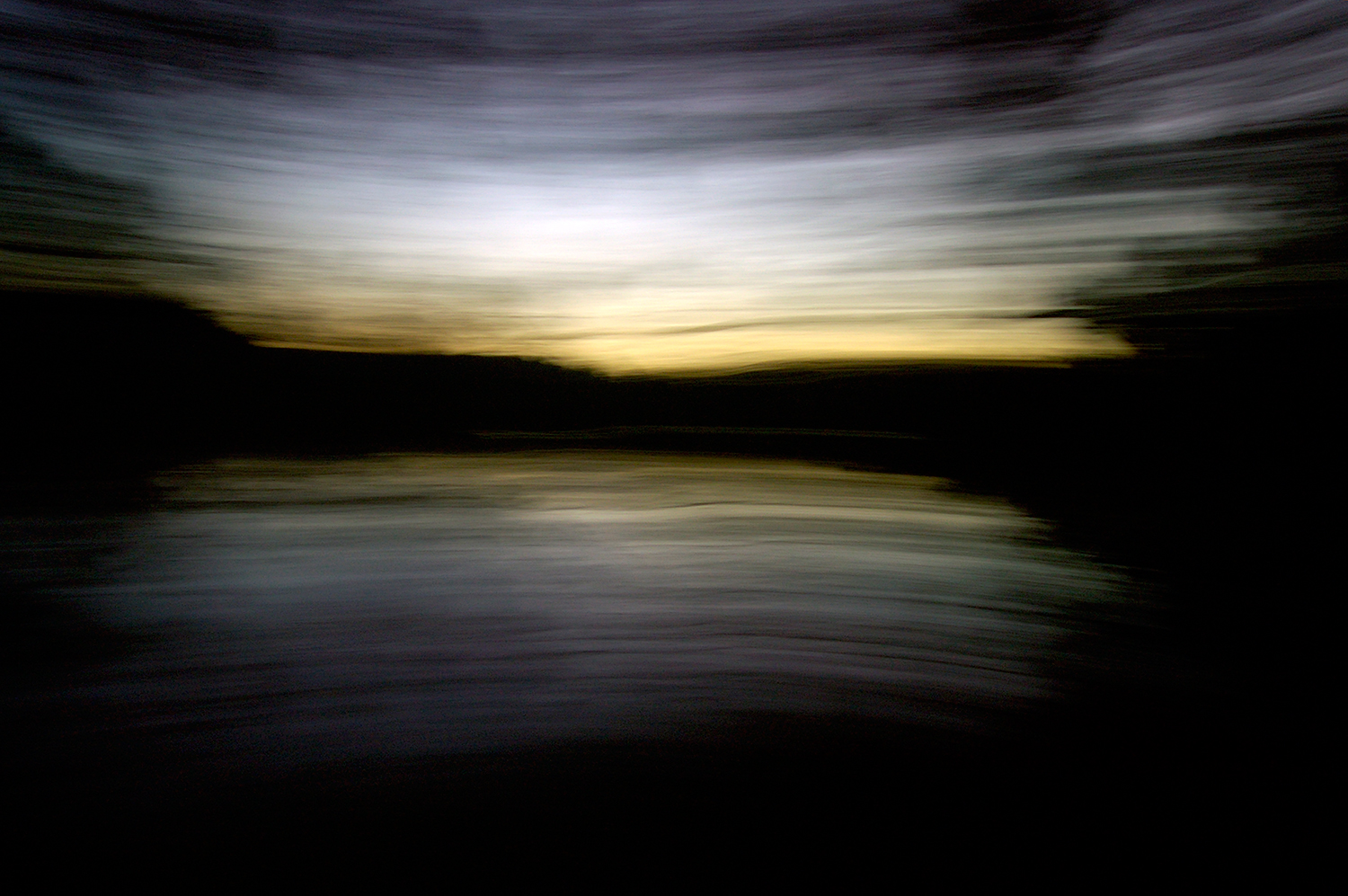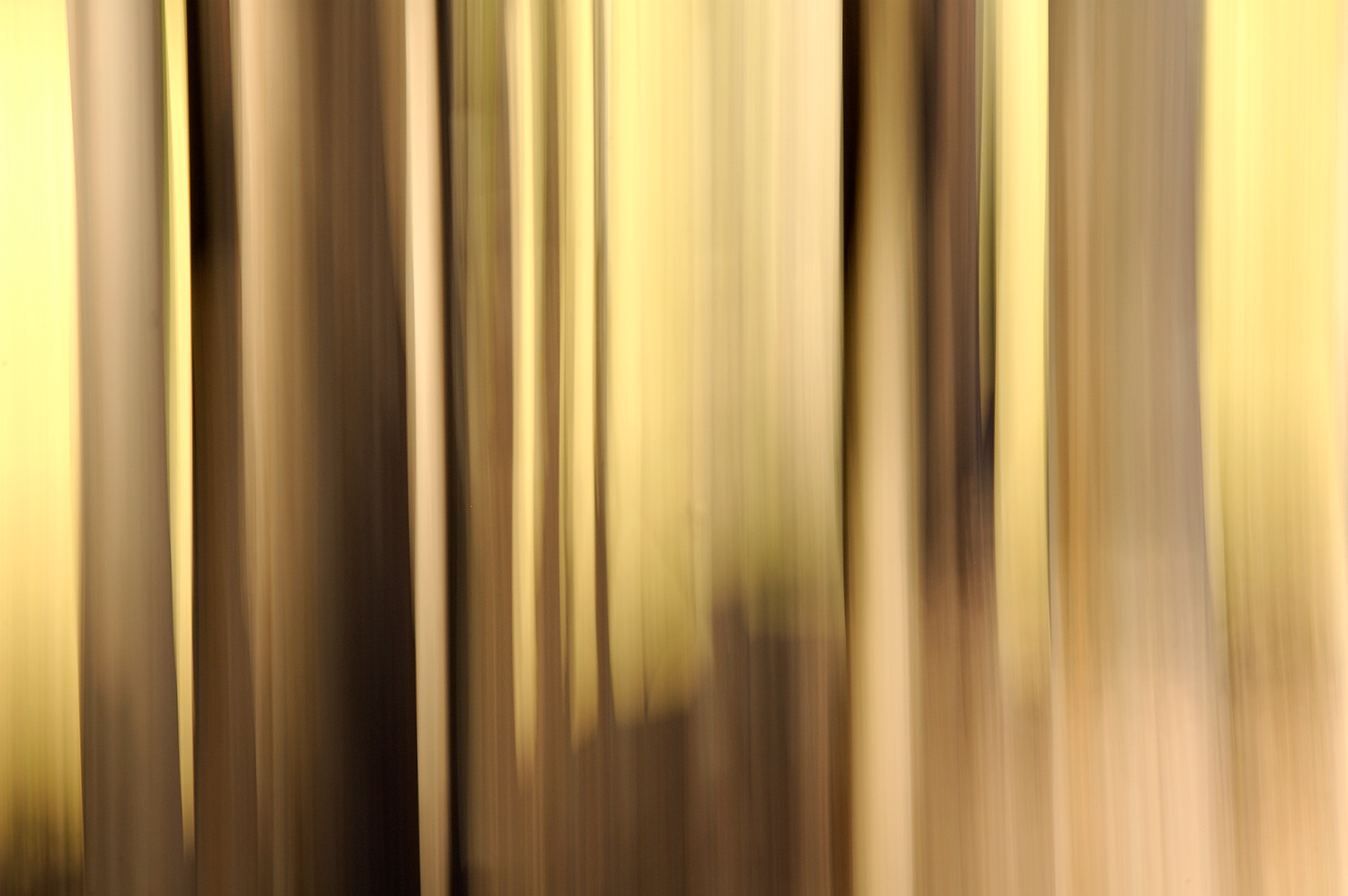DIANE GOODMAN
Series of artworks: Cascades Female Factory
Archival inkjet prints
Artist Statement
The site of the Cascades Female Factory in Hobart sits in the cold shadow of Mount Wellington and resonates with the stories of thousands of Scottish, English and Irish convict women and children, transported there, from 1803 to 1853.
Mostly young women of childbearing age, they were incarcerated in a deplorable physical environment encompassing a system of stone walled ‘yards’, to which each was designated according to her reformation ‘class’. Many women and children died in this place, due to the wretched conditions, lack of adequate food and hygiene, and overcrowding.
Although a site of exile, suffering and terror, the Female Factory was also a place where women grasped any available opportunity to grow and nurture friendships, tell stories, sing and dance. A sense of unity and comradeship developed in places such as the ‘Washing Yard’ and the more feisty ‘criminal class’ rallied support as they challenged and contested the intolerable conditions, on behalf of all the women.
'Whitewashed' and ‘Emancipation’ are digital photographic reconstructions comprising a multitude of mapped photographic fragments I captured whilst visiting the Cascades Female Factory site at Hobart, in January 2017.
The aprons, bonnets and petticoats are artifacts from Yard 4, once laboriously scrubbed clean by convict women, now flying freely in the sunshine. The complex post-capture processes that I develop help me to understand the past and make the hidden visible. Through the making process, I feel a sense of empathy and unity with the diverse group of women who lived, worked and died at Cascades.




